Life doesn't stop when you bring a rabbit home. Whether you're off working a full shift or running errands, there will be times when your rabbit must stay behind. As a caring bunny owner, it's only natural to wonder how much rabbit alone time is too much — and what your furry friend truly needs when you're away.
Click Here For a Beginners Guide to Rabbit Care.

Managing rabbit care while balancing daily life takes a little planning, but it's absolutely possible. Let's dive deeper into how long a rabbit can safely be left alone and what you should have in place to keep them happy and healthy when you're gone.
How Long Away Is Too Long?
Anything longer than 24 hours is simply too long. Rabbits aren't solitary animals — they're highly social and need interaction daily. In fact, rabbits demand just as much attention as dogs and definitely more than many cats. Thinking of a rabbit as a "low maintenance" pet misses the heart of what makes them thrive.

While some bunnies may tolerate a day without human company if all their needs are meticulously met, it's never ideal. The longer you leave them alone, the greater the risk of loneliness, boredom, and health problems.
Reasons Why a Day Is the Limit
They Are Social Creatures: No one enjoys being left isolated, and rabbits are no exception. A bonded pair might help each other cope, but even two rabbits still need human interaction. A single rabbit without a companion feels your absence even more intensely, leading to stress that could impact their health.
Bored Buns Get Into Trouble: Rabbits are curious and busy by nature. They may chew anything they can reach without stimulation, including furniture, wires, or unsafe materials. This behavior isn't just destructive; it's dangerous if they ingest something harmful or get stuck.
They Need Clean Hay Daily: Fresh hay isn’t optional — it’s critical. Rabbits need a constant supply of high-quality, clean hay to keep their digestive systems functioning properly. Even a short disruption can lead to issues like GI stasis, a life-threatening condition in rabbits.
Rabbits Like Clean Quarters
Rabbits are naturally tidy and take pride in their spaces. A dirty litter box or soiled bedding is distressing for them. It's important to keep their environment clean for their comfort and to prevent health issues like respiratory infections or urine scald.
Your rabbits will groom themselves regularly but sometimes need extra help. For example, long-haired breeds are prone to developing messy bottoms. A trusted pet sitter should know when and how to perform a proper wet or dry cleaning to keep your bunny comfortable and healthy.
Bunnies Need a Safe Space for Exercise
Exercise is not a luxury for rabbits — it's vital for their health. Rabbits who remain sedentary for long periods risk becoming overweight. Obesity can lead to severe complications, including the inability to eat their cecotropes, which are crucial for their nutrition.
If you're routinely gone for 10+ hours between work and commuting, your rabbit alone time must include a safe, accessible area for hopping, stretching, and exploring. Whether it's a bunny-proofed room or a secure exercise pen, making movement easy helps avoid painful mobility problems later in life.
Rabbit Alone Time: How to Set Up for Success
Leaving your rabbit alone doesn't have to be stressful if you set things up correctly. Proper planning can make a huge difference in how your bunny feels while you're away. Here's what you can do to make rabbit alone time easier on both of you:
Provide Plenty of Hay and Water: Always leave enough fresh hay to last beyond the time you plan to be gone. Make sure water bowls or bottles are full and securely attached to prevent accidents.
Enrich Their Environment: Give your rabbit toys to chew, tunnels to explore, and safe objects to toss. Keep things fresh by rotating toys regularly to prevent boredom.
Secure Their Space: Rabbit-proof the area thoroughly. Cover wires, remove toxic plants, and ensure there are no small gaps where they could get trapped or hurt.
Temperature Control: Maintain a comfortable temperature range between 60°F to 70°F. Rabbits are much more heat-sensitive than cold-tolerant, so protecting them from overheating if you're gone during warm weather is essential.
Consider a Pet Sitter
If you'll be gone longer than 24 hours or just want to enrich your bunny's day while you're working, hiring a knowledgeable pet sitter is the way to go. A good sitter will refresh food and clean living spaces and provide essential interaction and monitoring for signs of distress or illness.
It's essential that the sitter has direct rabbit care experience. Caring for rabbits is very different from feeding cats or walking dogs. If you're searching for a sitter, check out services like Pet Sitters International where you can find pet professionals who understand rabbits.
Let Your Bun Bond
Before trusting a pet sitter alone with your rabbit, arranging a few meet-and-greet visits is smart. Let your bunny interact with the sitter while you're present to gauge their comfort level. Rabbits are intuitive and will show whether they feel safe around someone new.
Even shy rabbits can warm up when given the opportunity to form positive associations. Bring treats, toys, and familiar routines into the introduction to build trust between your rabbit and the sitter.

Why Pet Sitters Make Good Choices When You're Gone
Emergencies don't wait for you to come home. A power outage, broken air conditioner, or sudden illness can quickly become dangerous for a rabbit alone. An attentive pet sitter can react swiftly to protect your rabbit's health and safety when unexpected issues arise.
Additionally, daily interaction helps spot subtle signs of health problems. A rabbit refusing to eat for even a few hours can be in critical danger. A sitter familiar with these warning signs can get your bun veterinary help much faster than waiting for your return.
Keep Their Diet Unchanged While You're Gone
Consistency is key when it comes to rabbit care. Rabbits thrive on routine, and sudden changes — even in feeding times — can cause them stress. Before you leave, explain your rabbit's feeding schedule to the sitter in detail. Ensure they know that 80% of a rabbit's diet should be fresh, clean hay and to avoid treats or new foods unless absolutely necessary.
Stock up early and prepare individual portions if needed. Having a starter kit or subscription to dependable hay delivery helps you stay ahead, making sure your rabbit never goes without the essentials while you're away.
Final Thoughts on Rabbit Alone Time
Rabbit alone time isn't just about leaving your bunny behind — it's about ensuring their emotional and physical needs are met even when you aren't there. You can confidently balance your lifestyle and your rabbit's well-being by setting up the right environment, sticking to a routine, and involving a trusted sitter when needed.
Rabbits may be small, but the place they hold in our hearts is huge. Preparing thoughtfully for rabbit alone time shows just how much you value the companionship and trust your bunny gives you every day.
Key Takeaways
Never leave a rabbit alone for more than 24 hours. Even shorter times require careful preparation.
Rabbit-proof and enrich their environment. Fresh hay, safe spaces, and mental stimulation are crucial.
Use a rabbit-savvy pet sitter for longer absences. Prior introductions and experience are key for peace of mind.

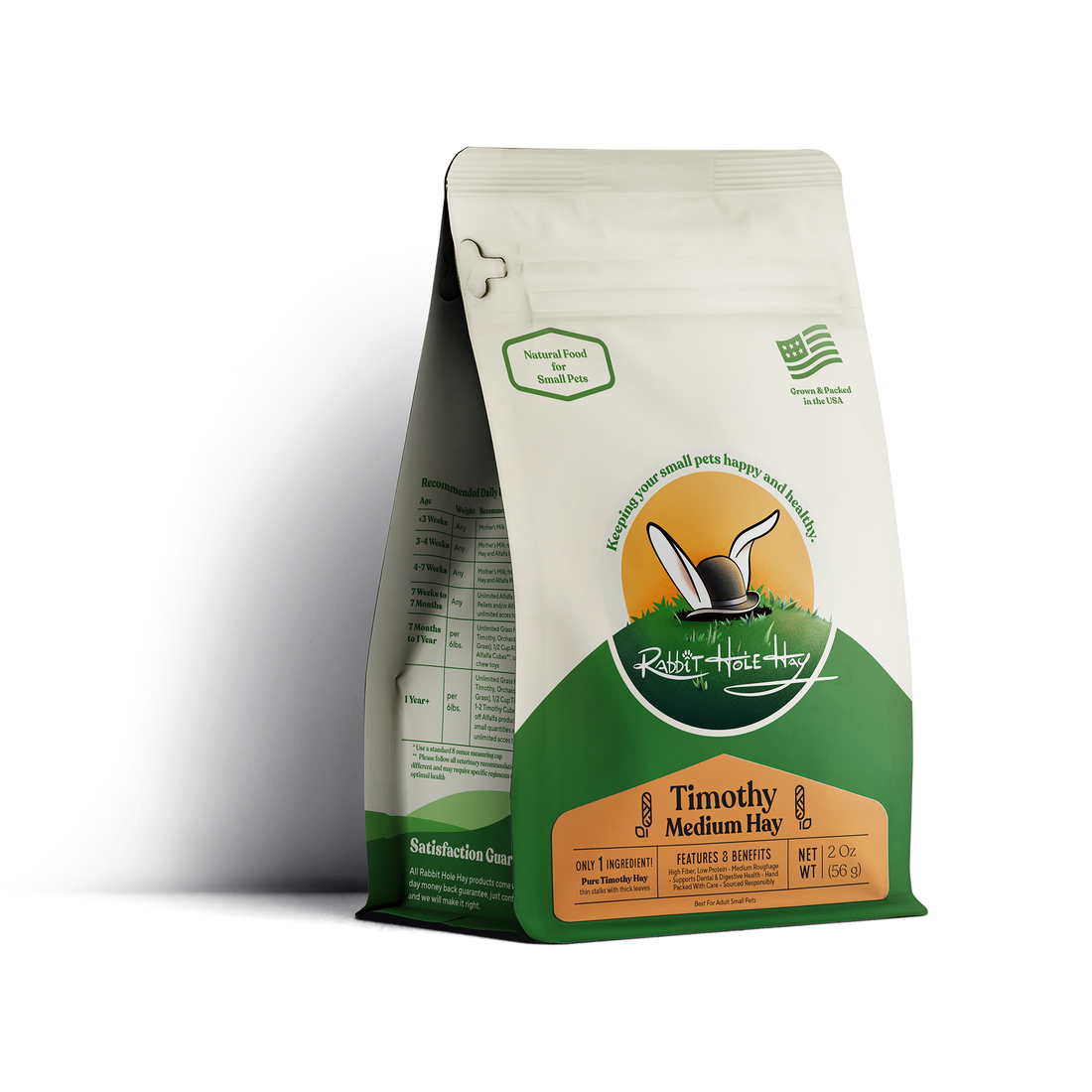

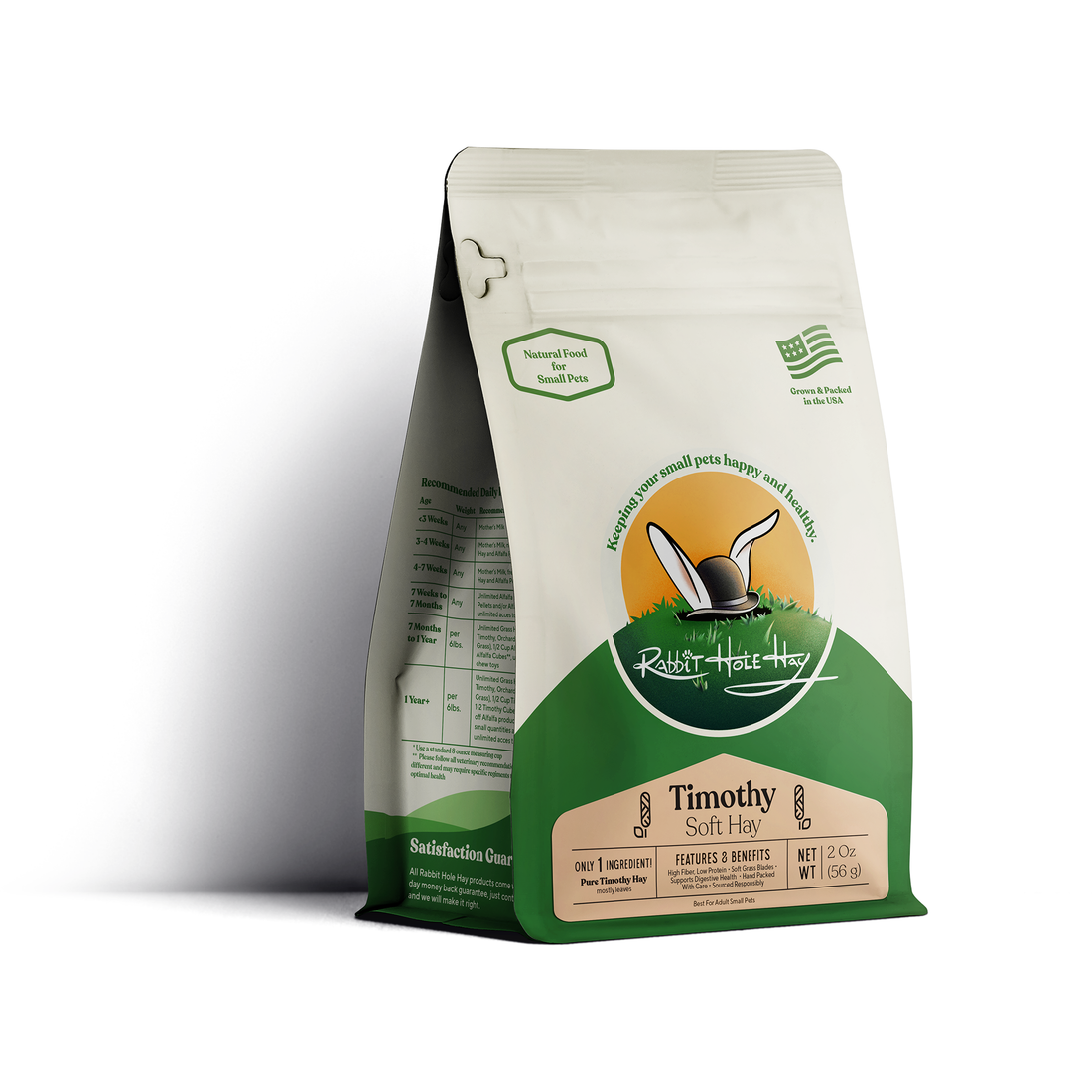

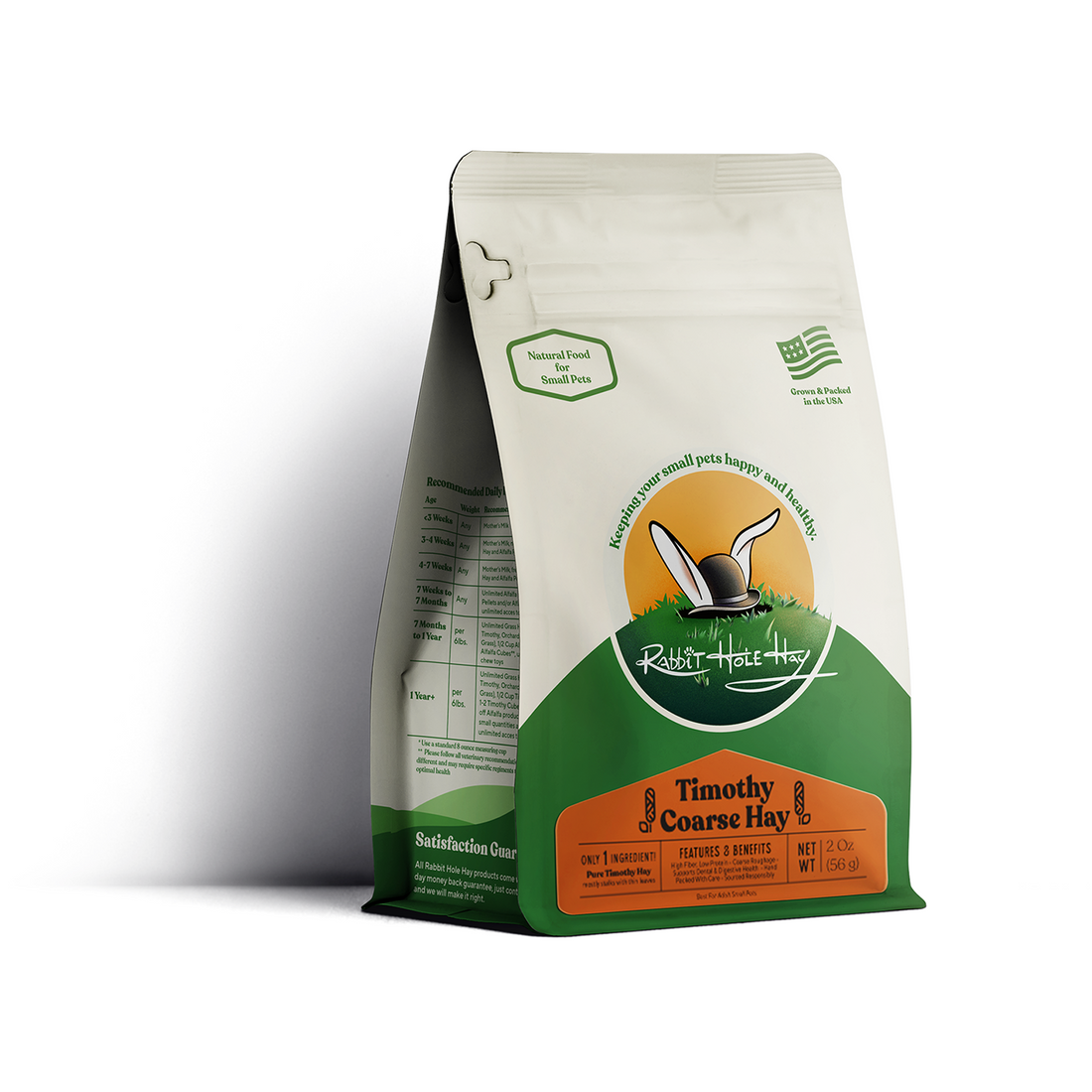

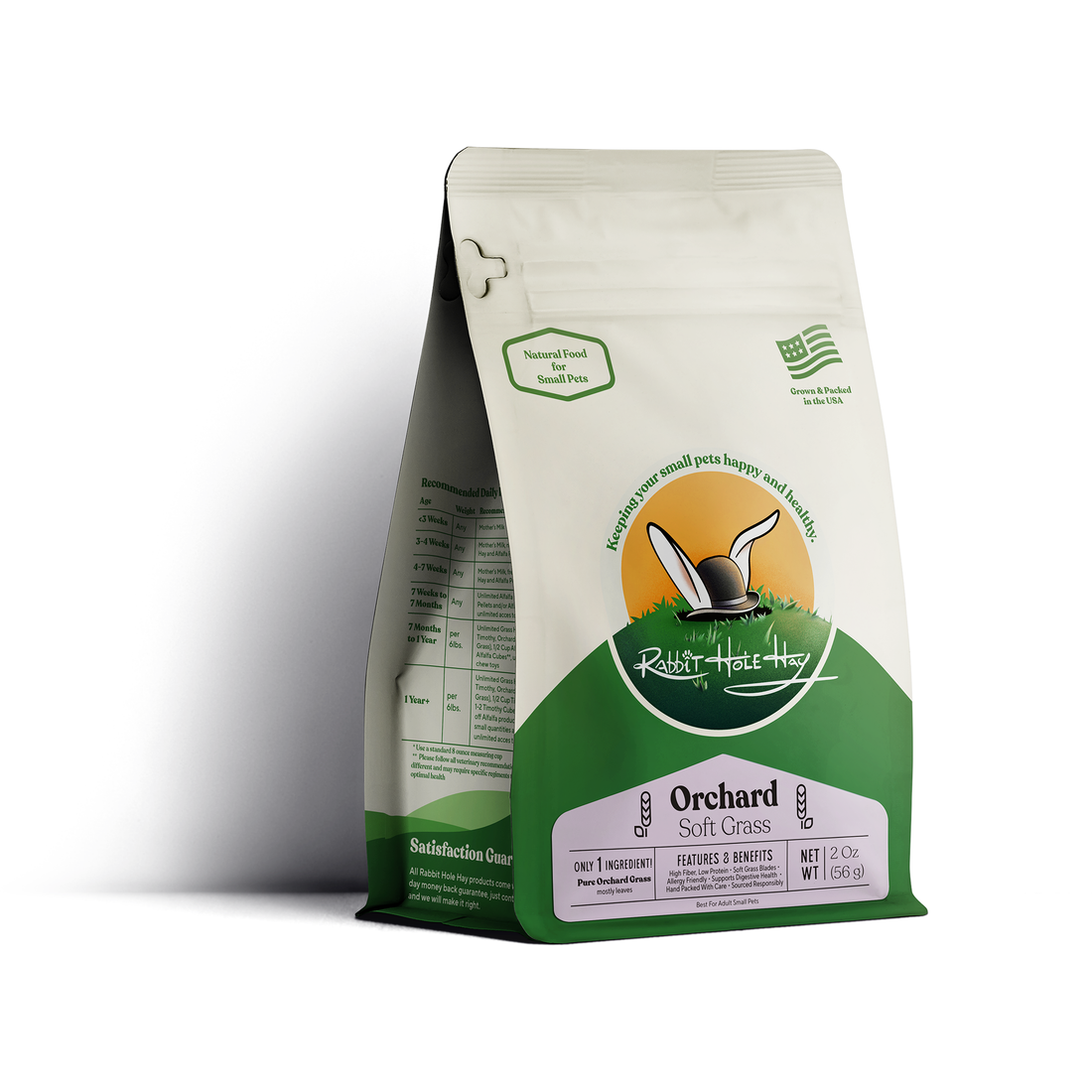

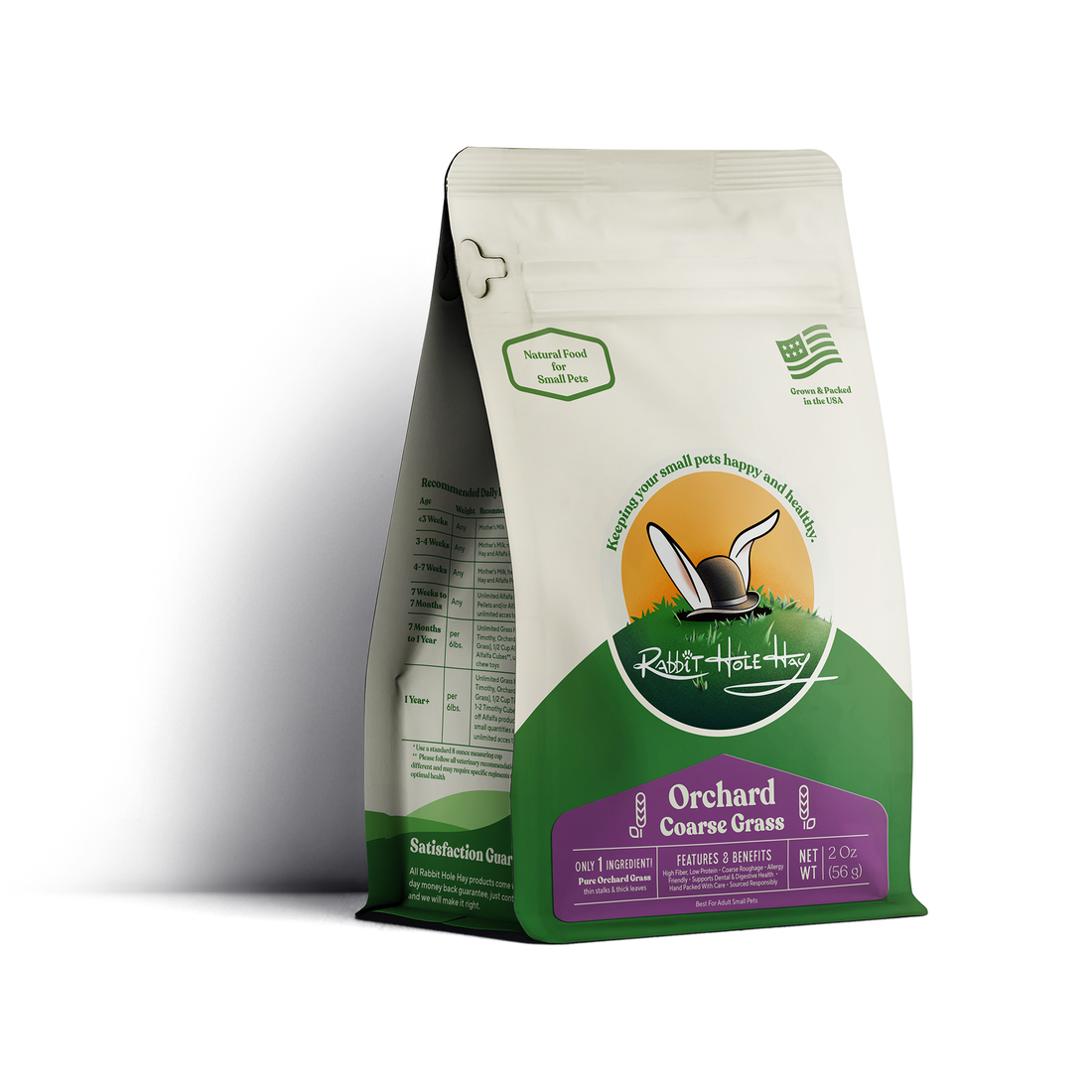

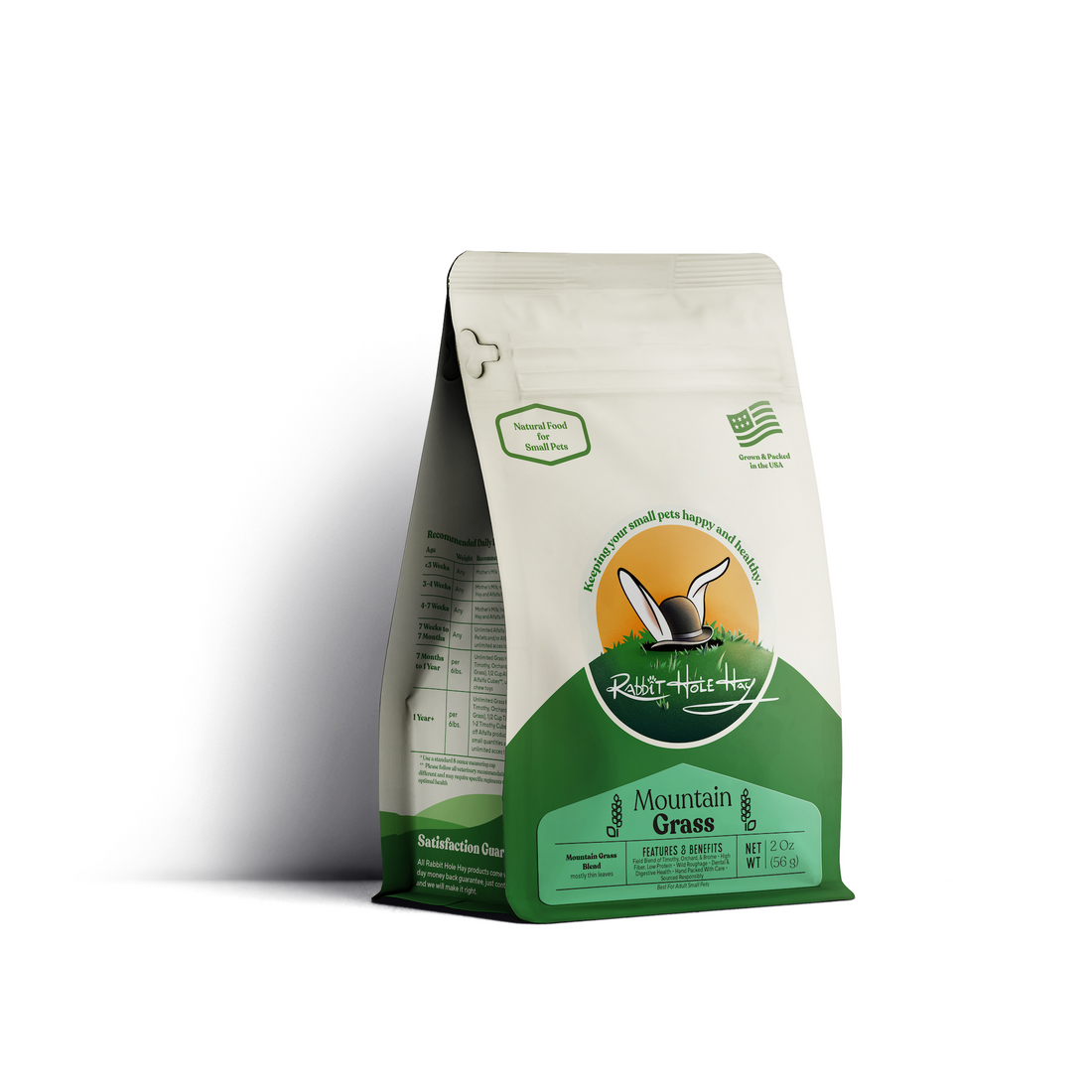

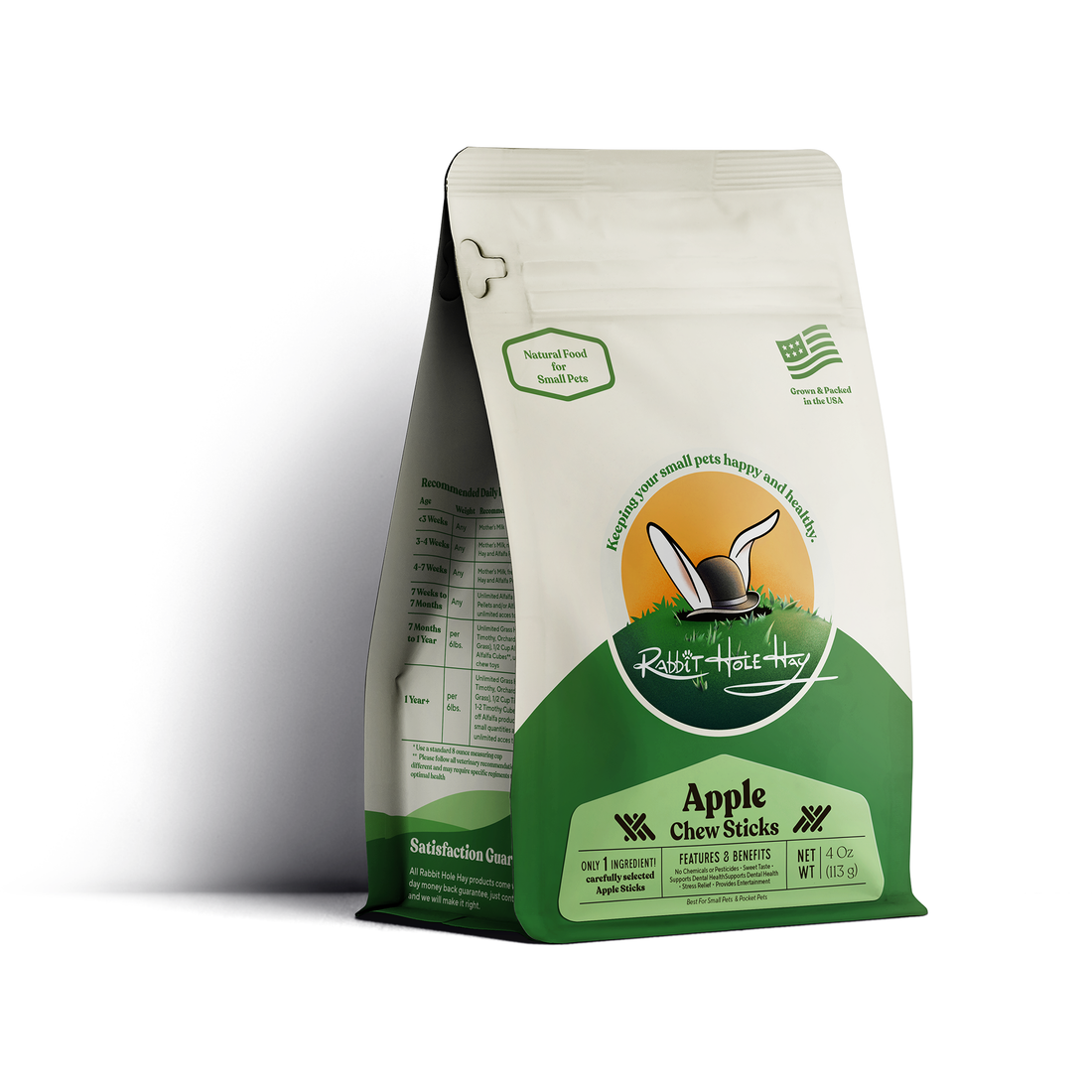



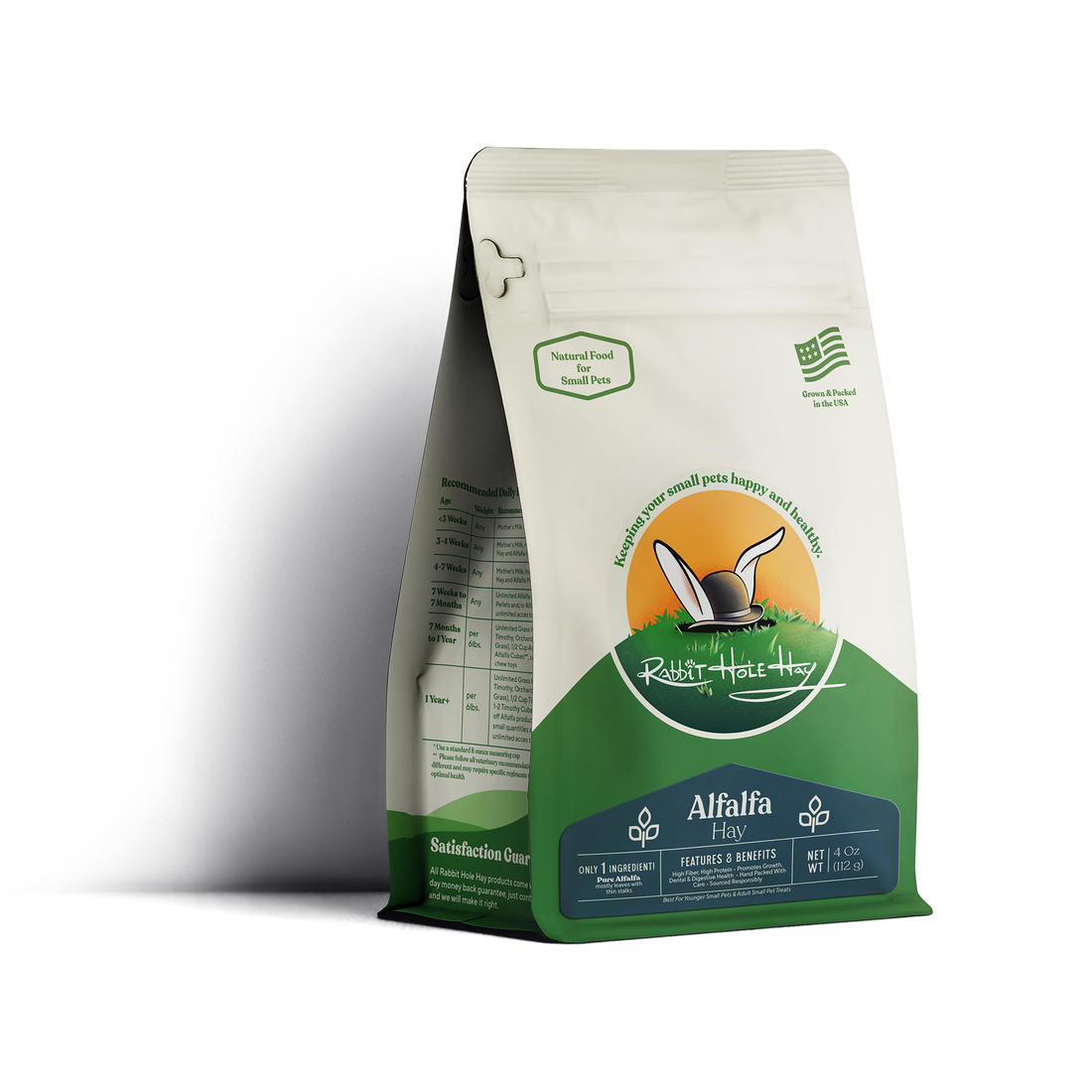
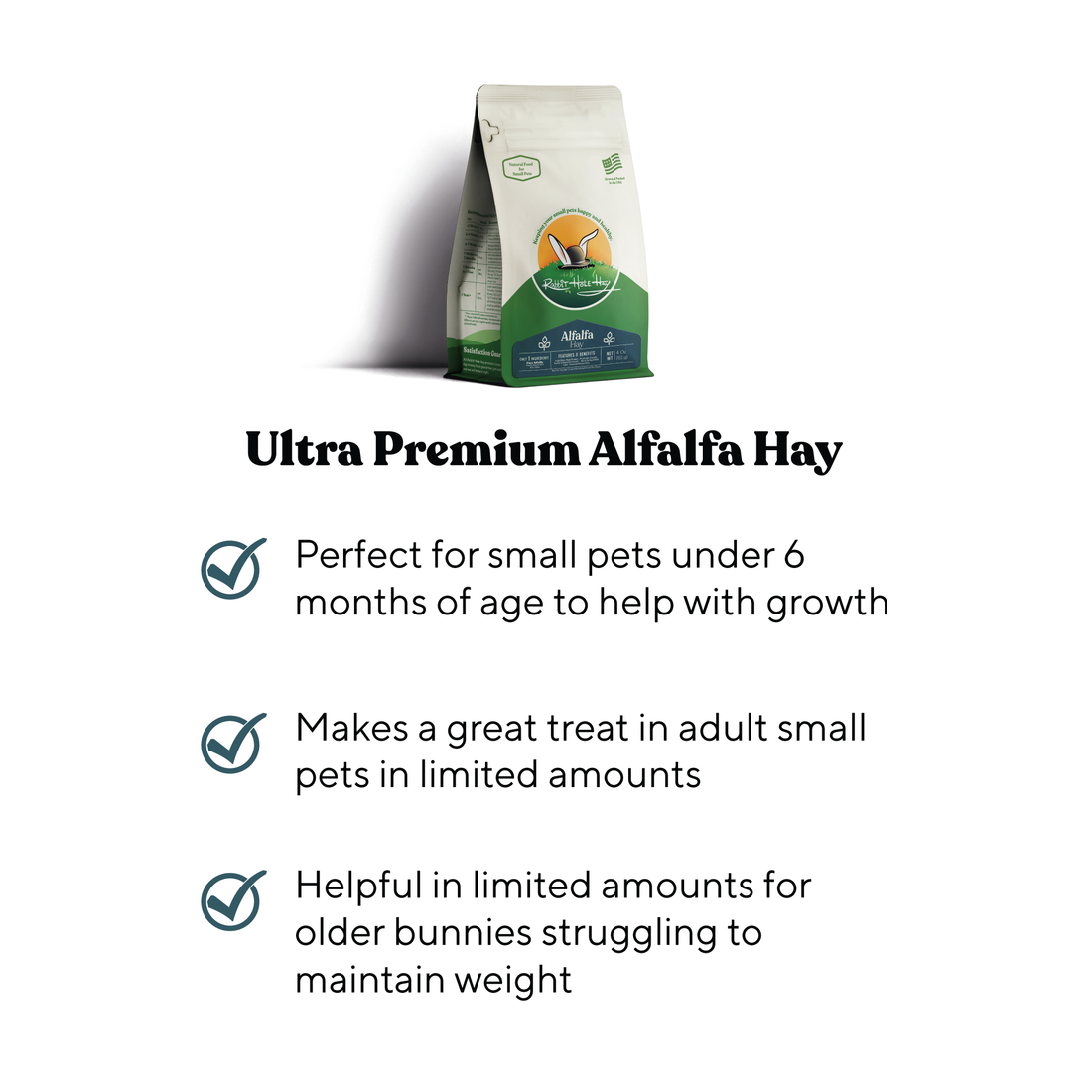
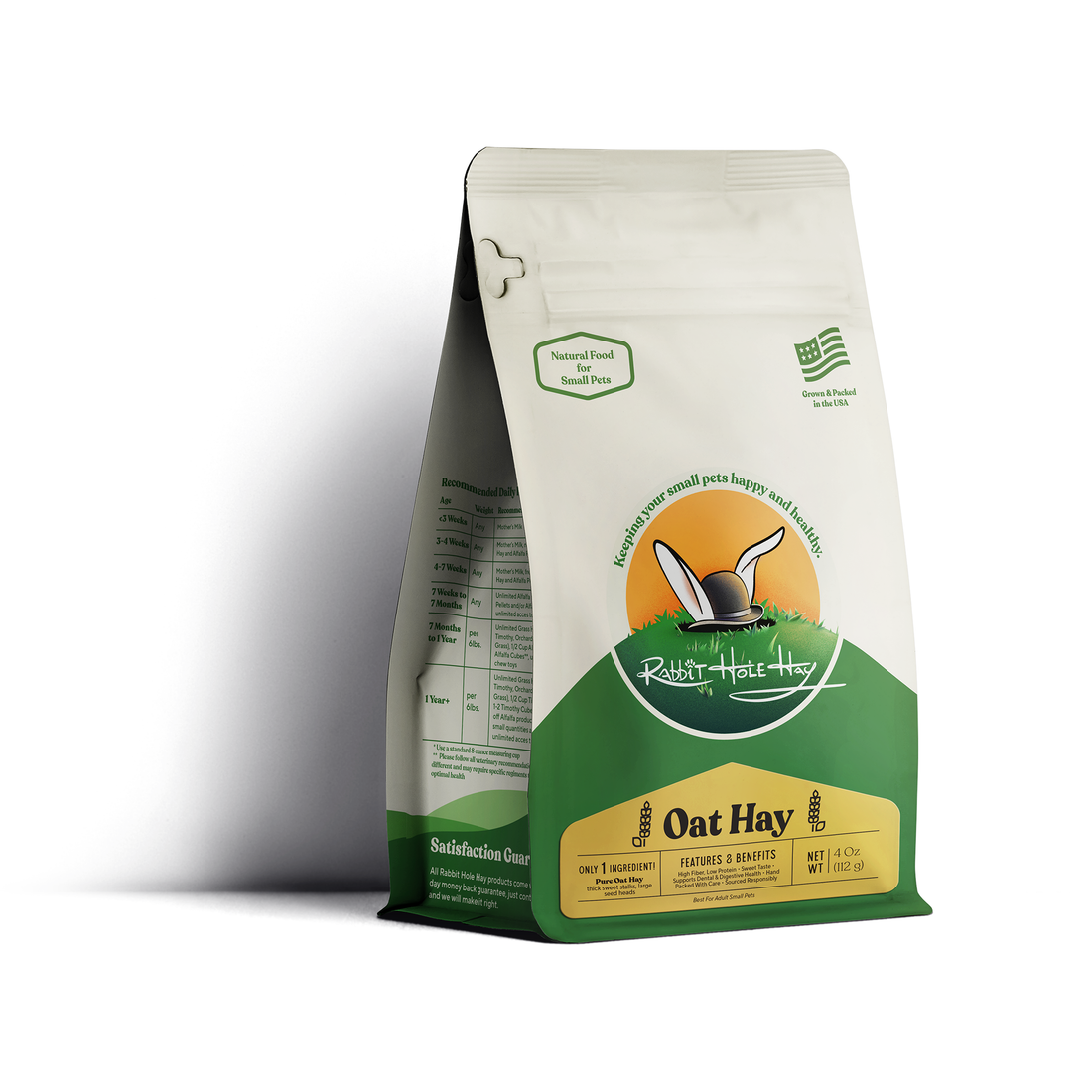
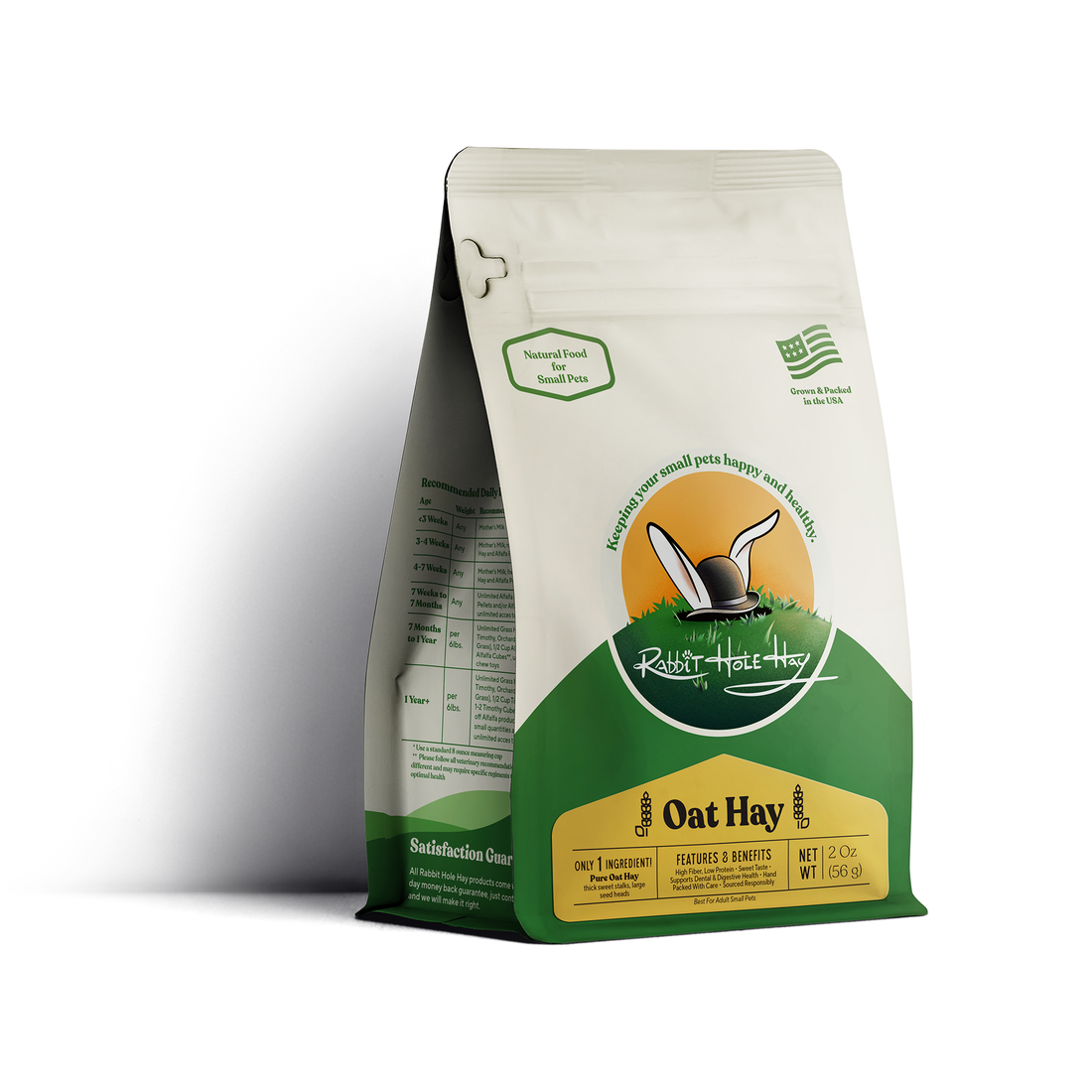
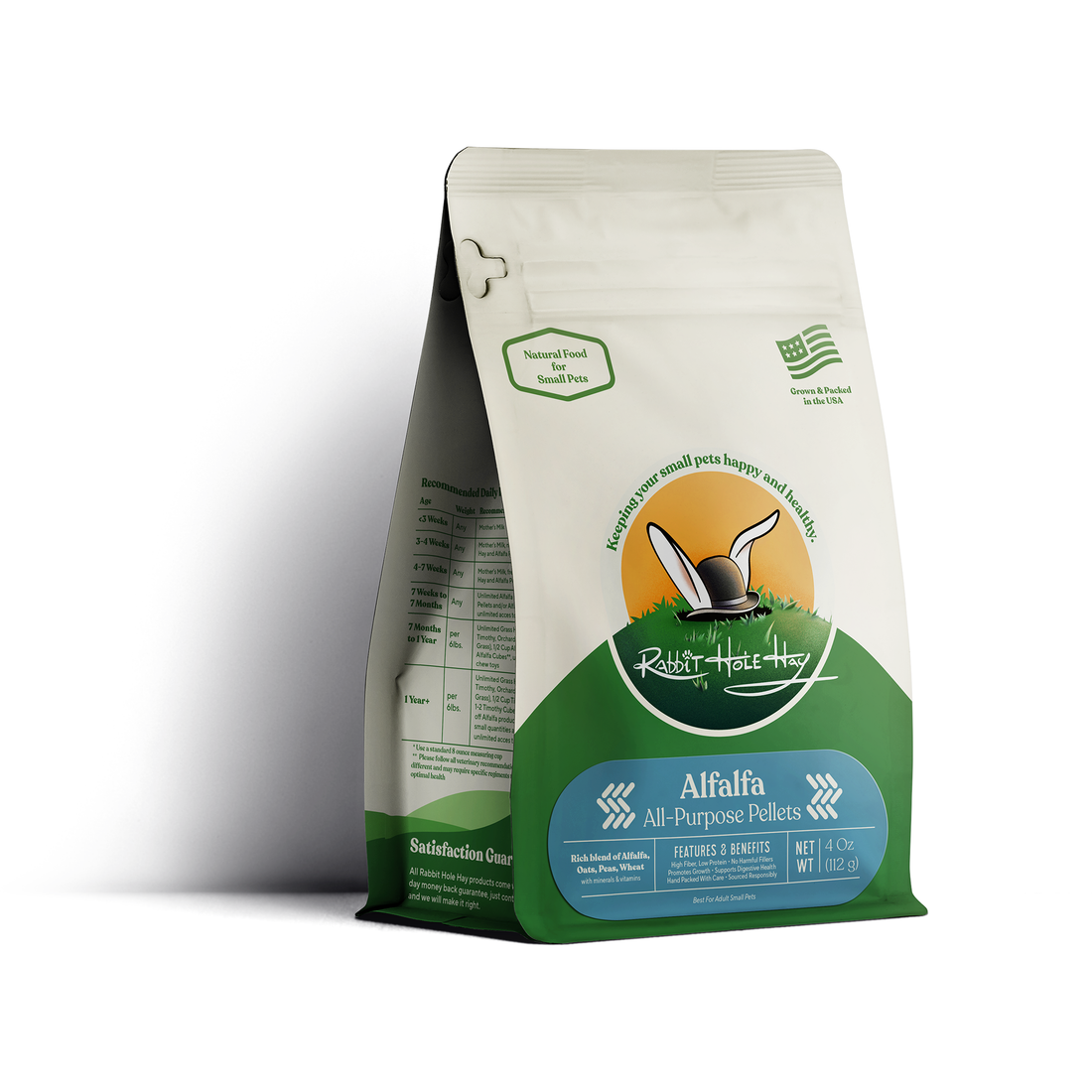
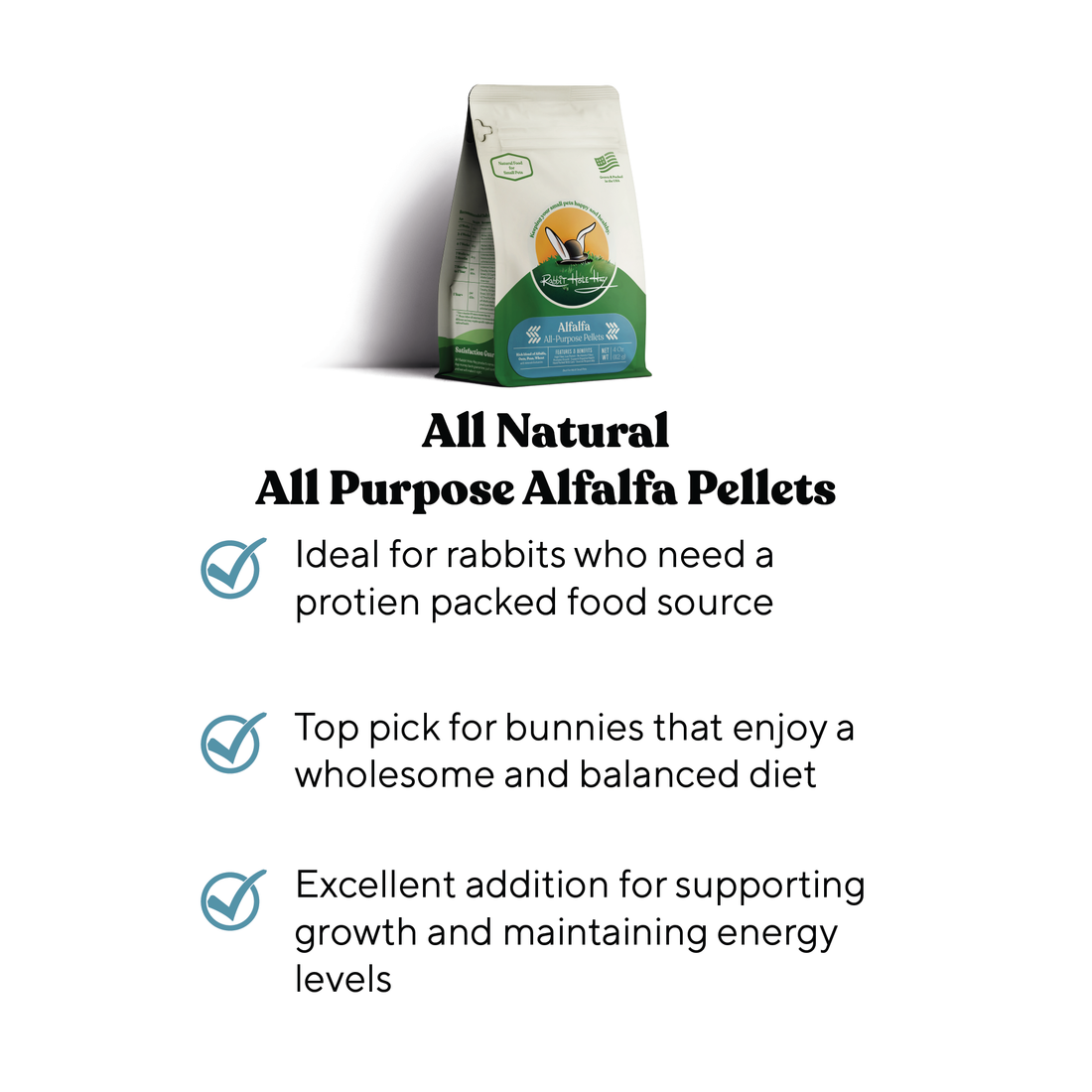
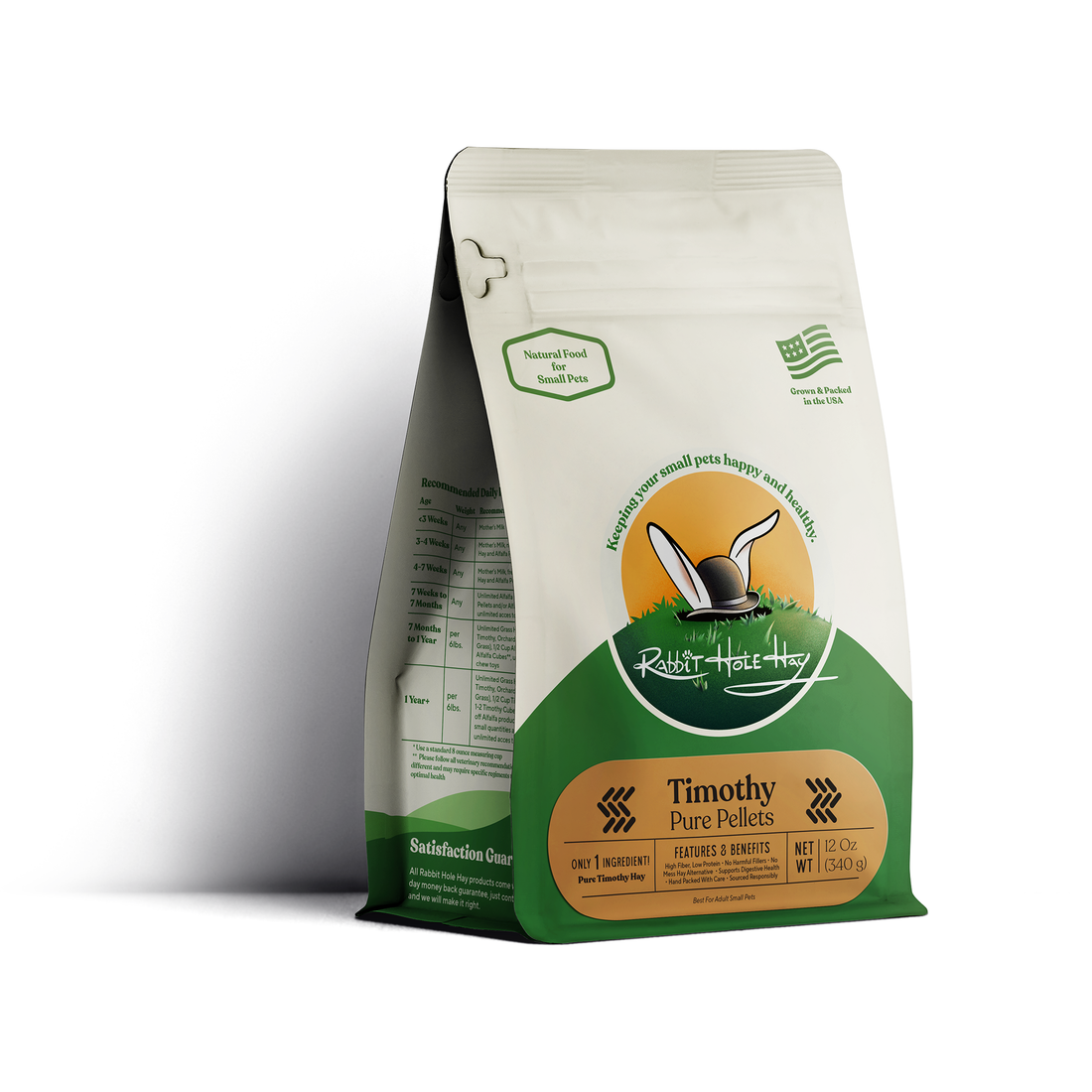

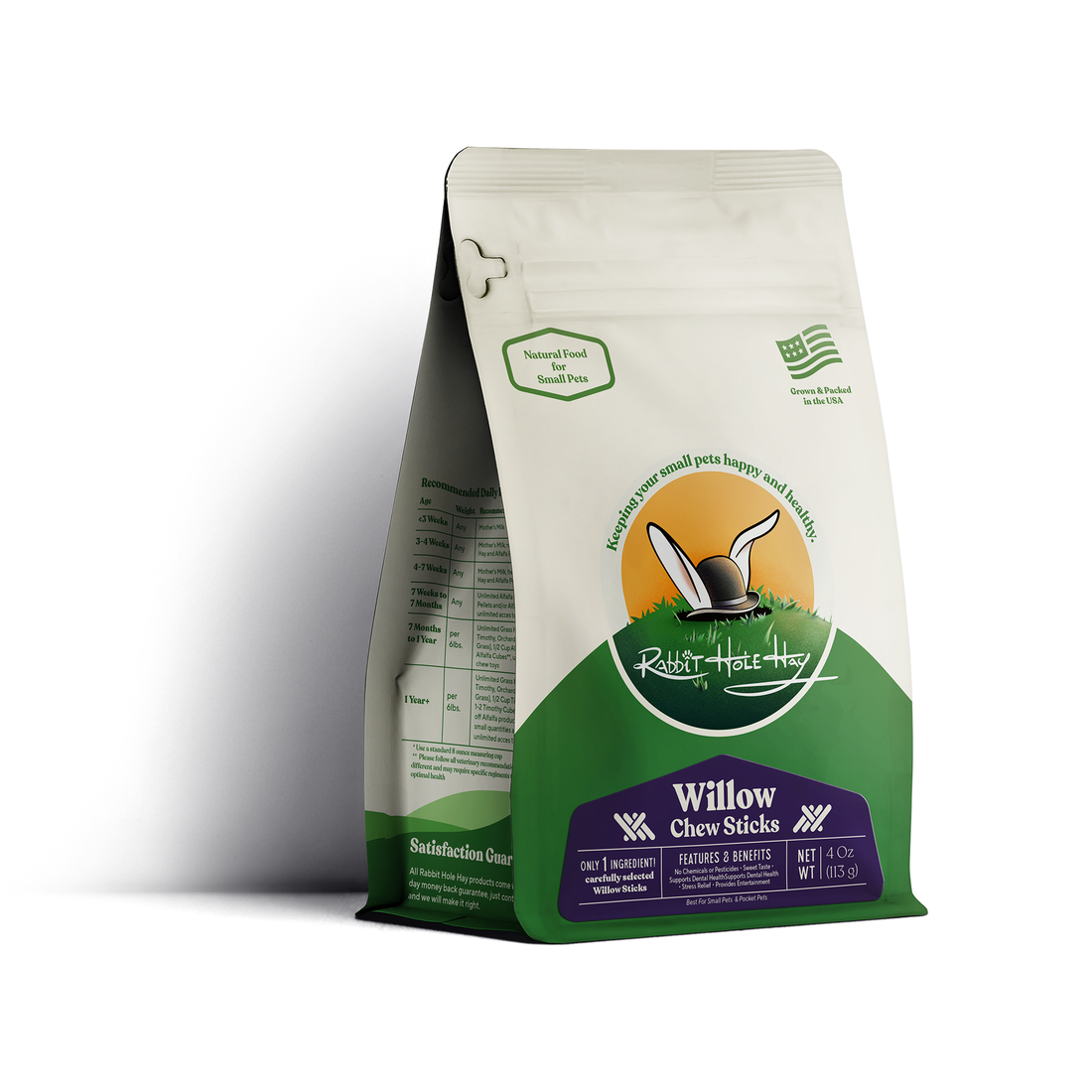

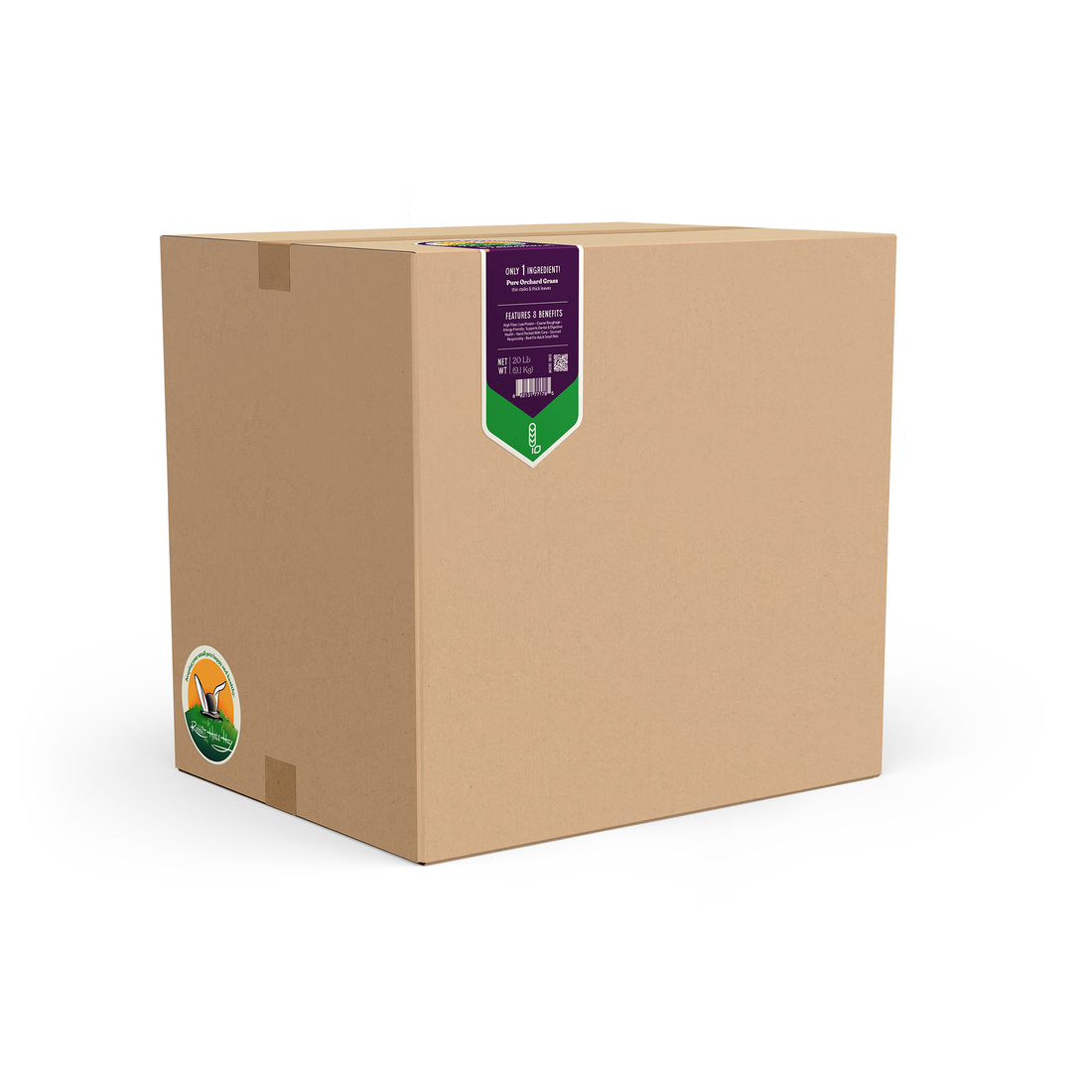
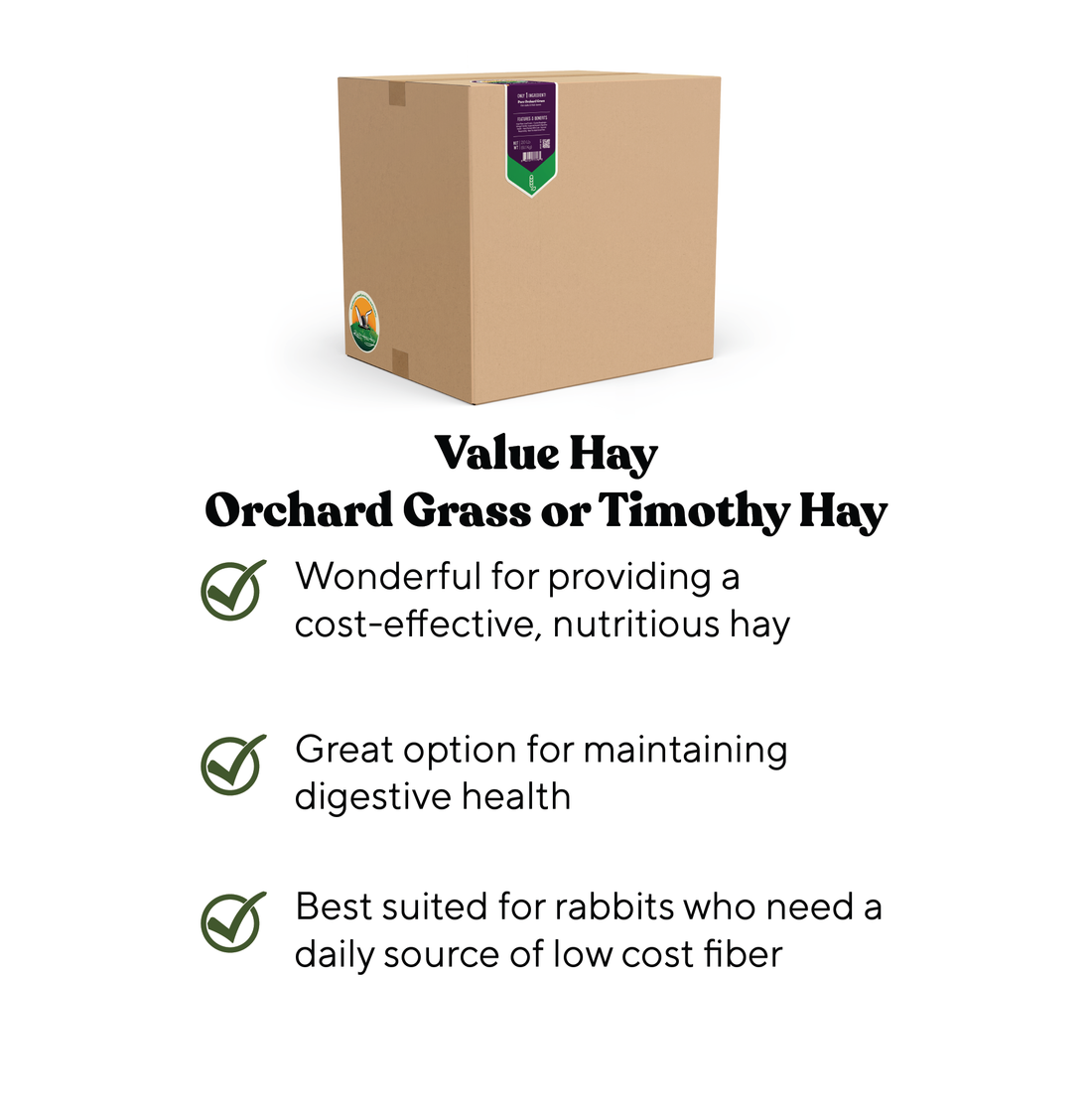
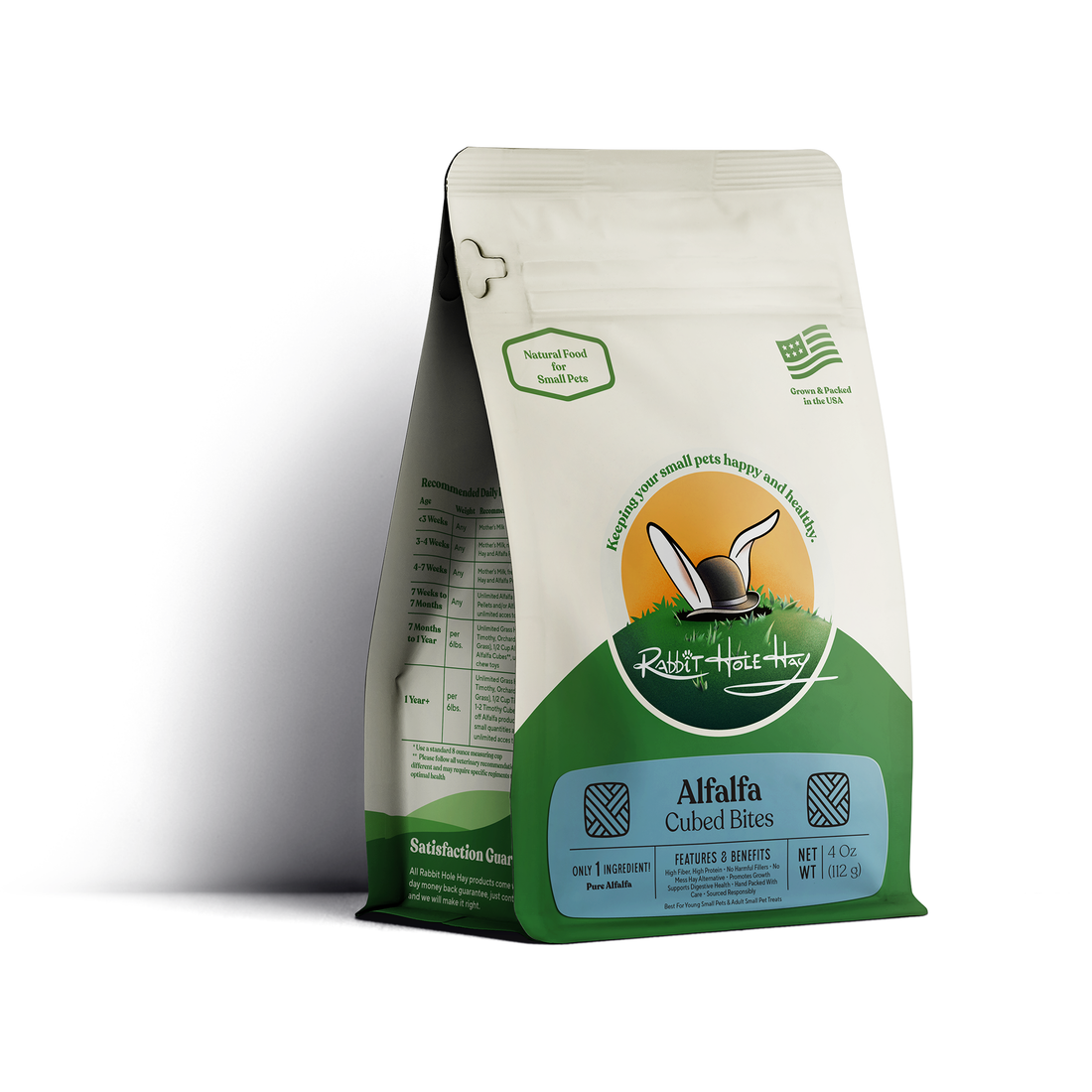
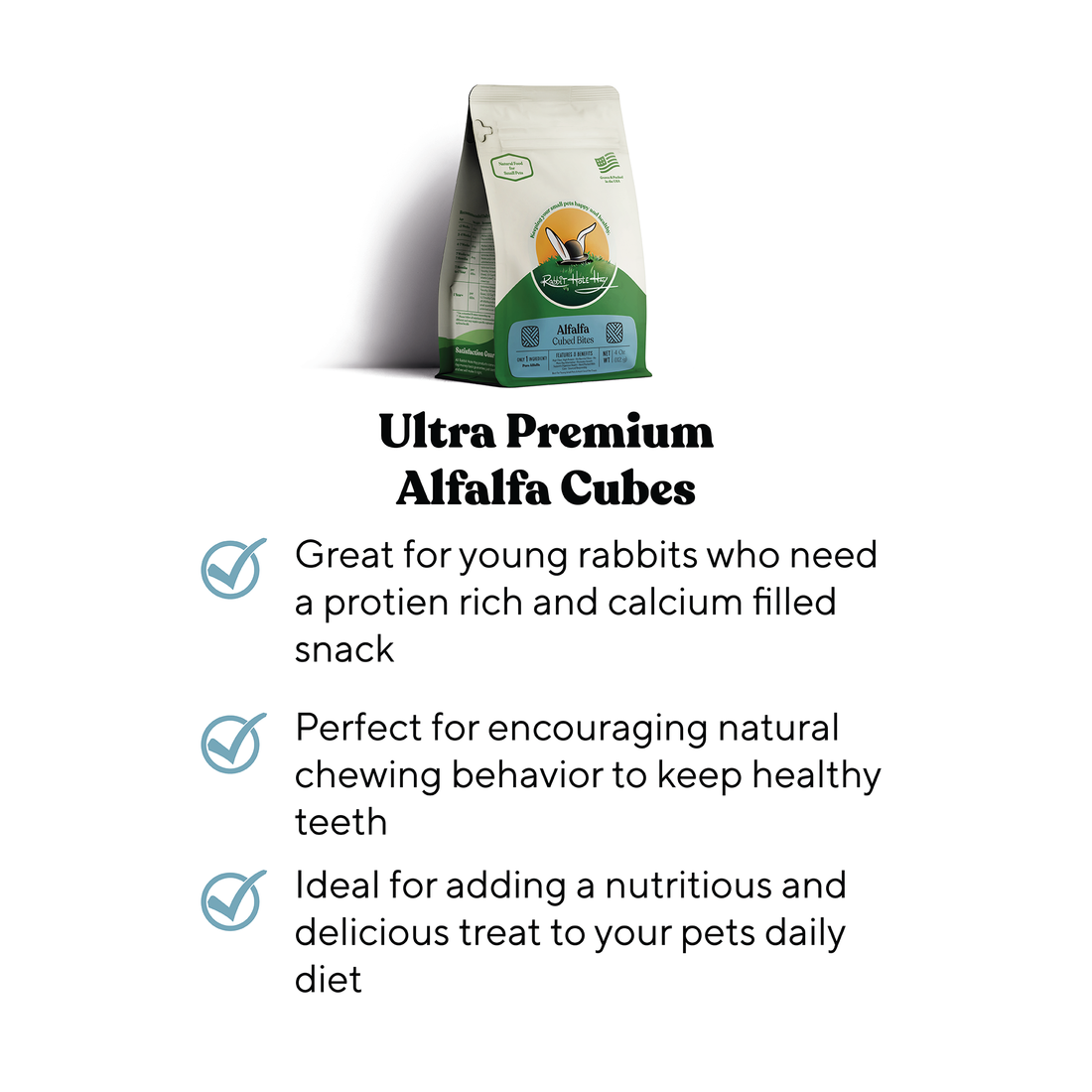
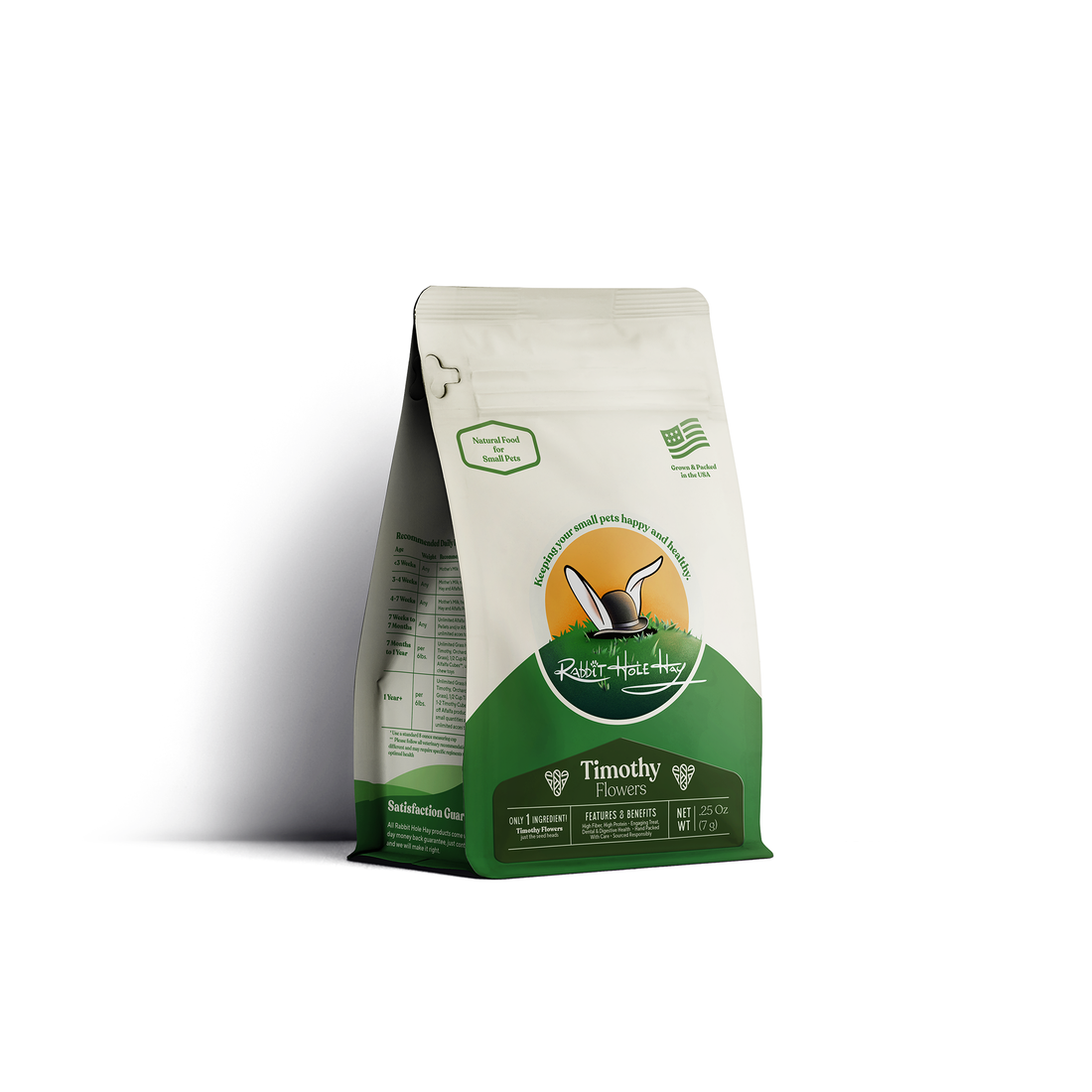

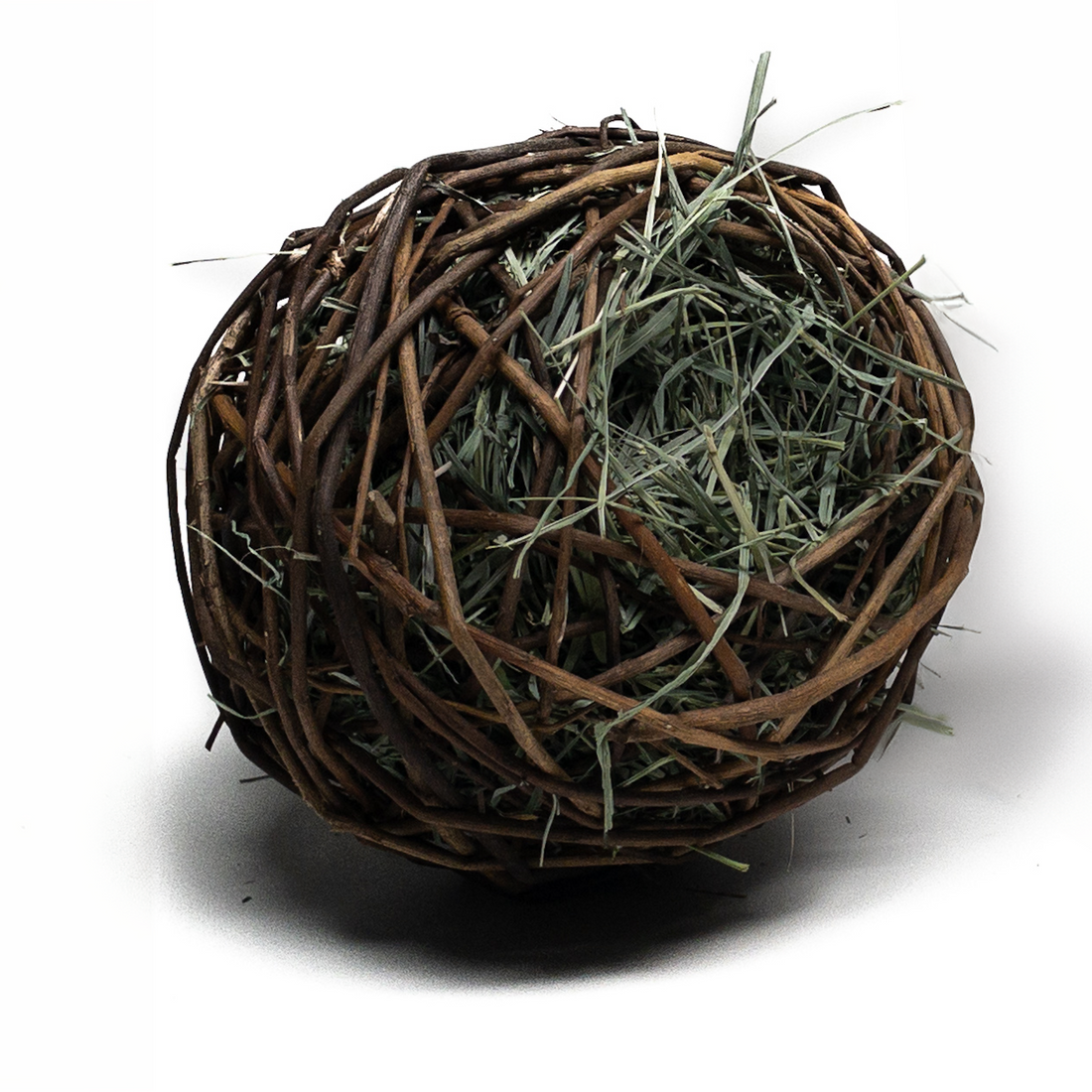

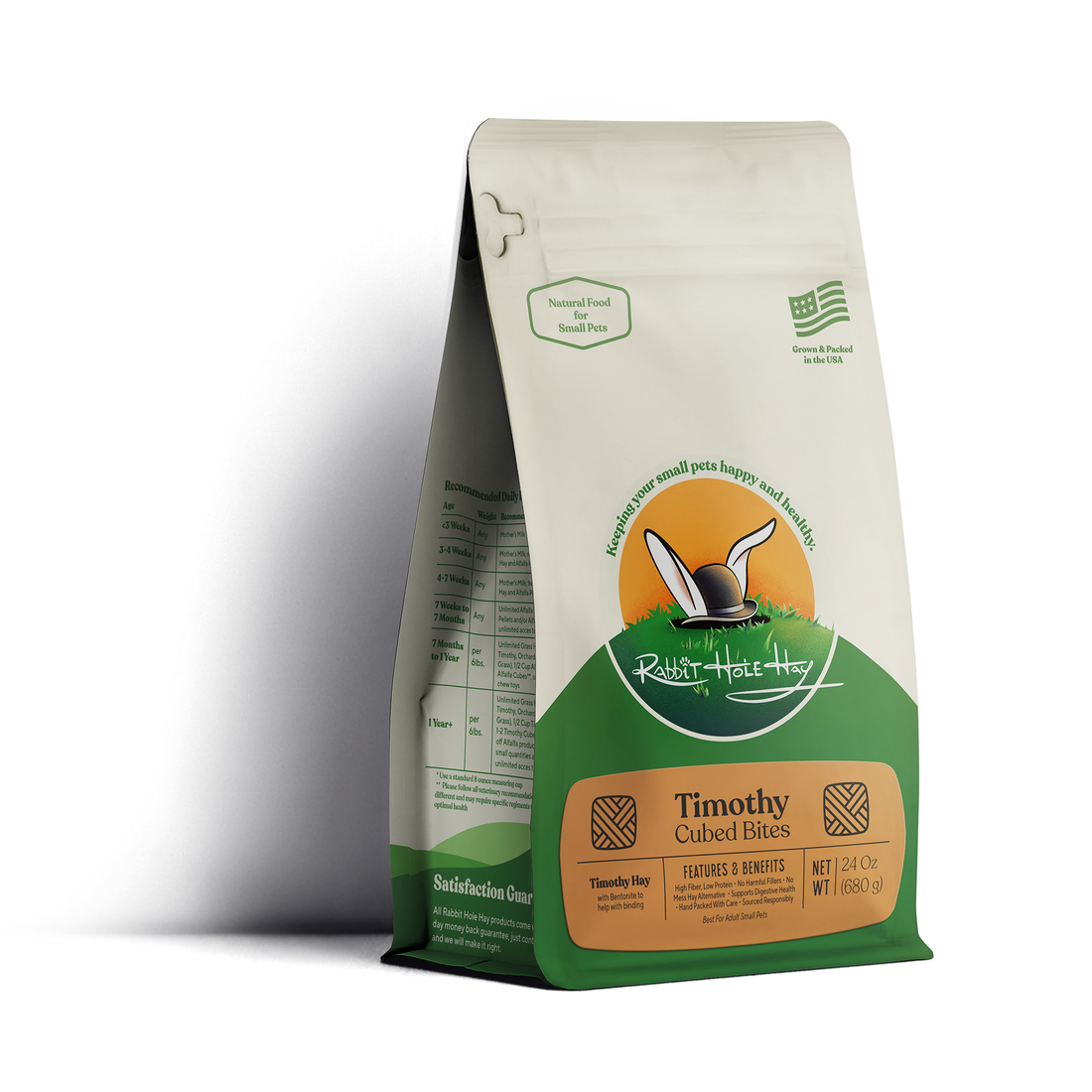





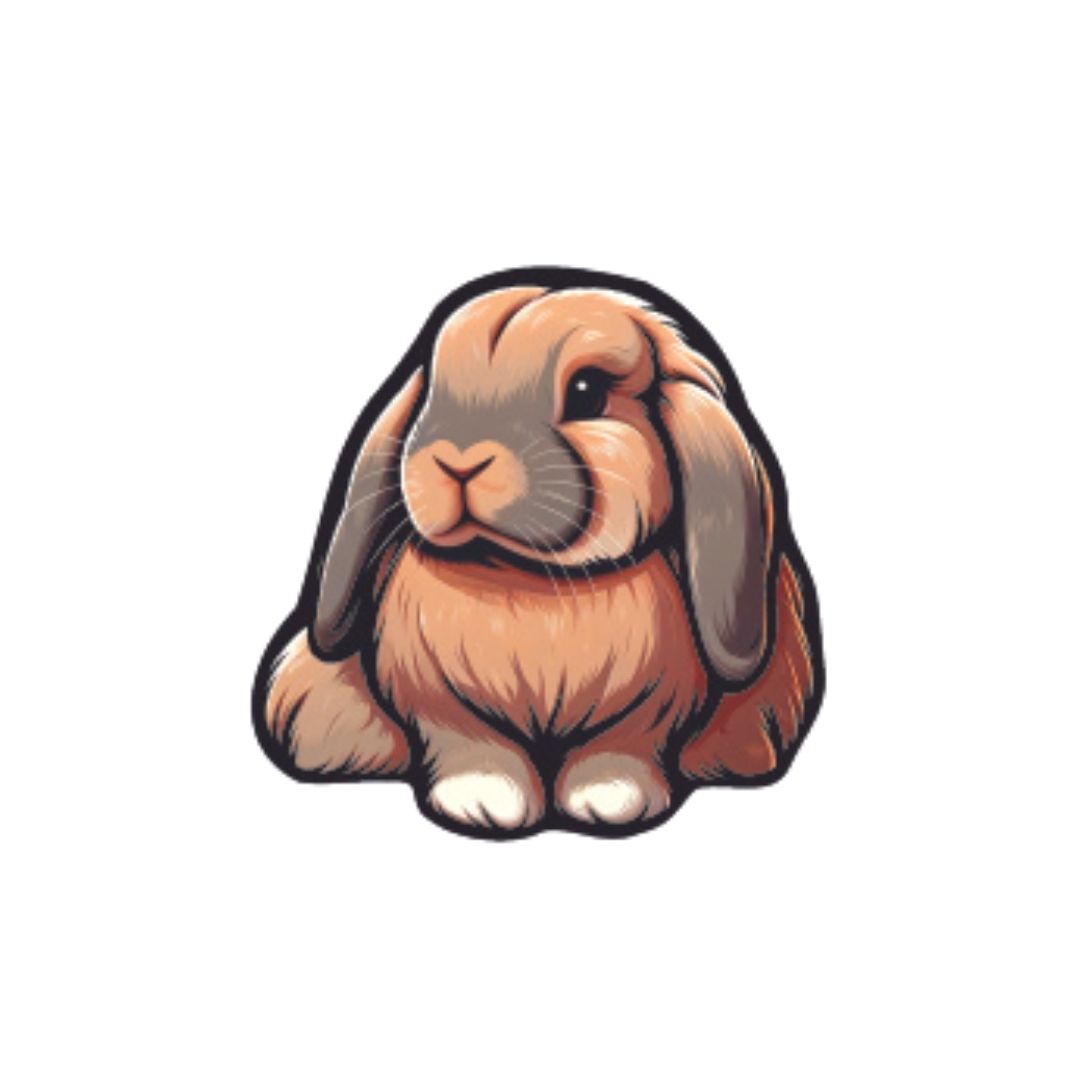
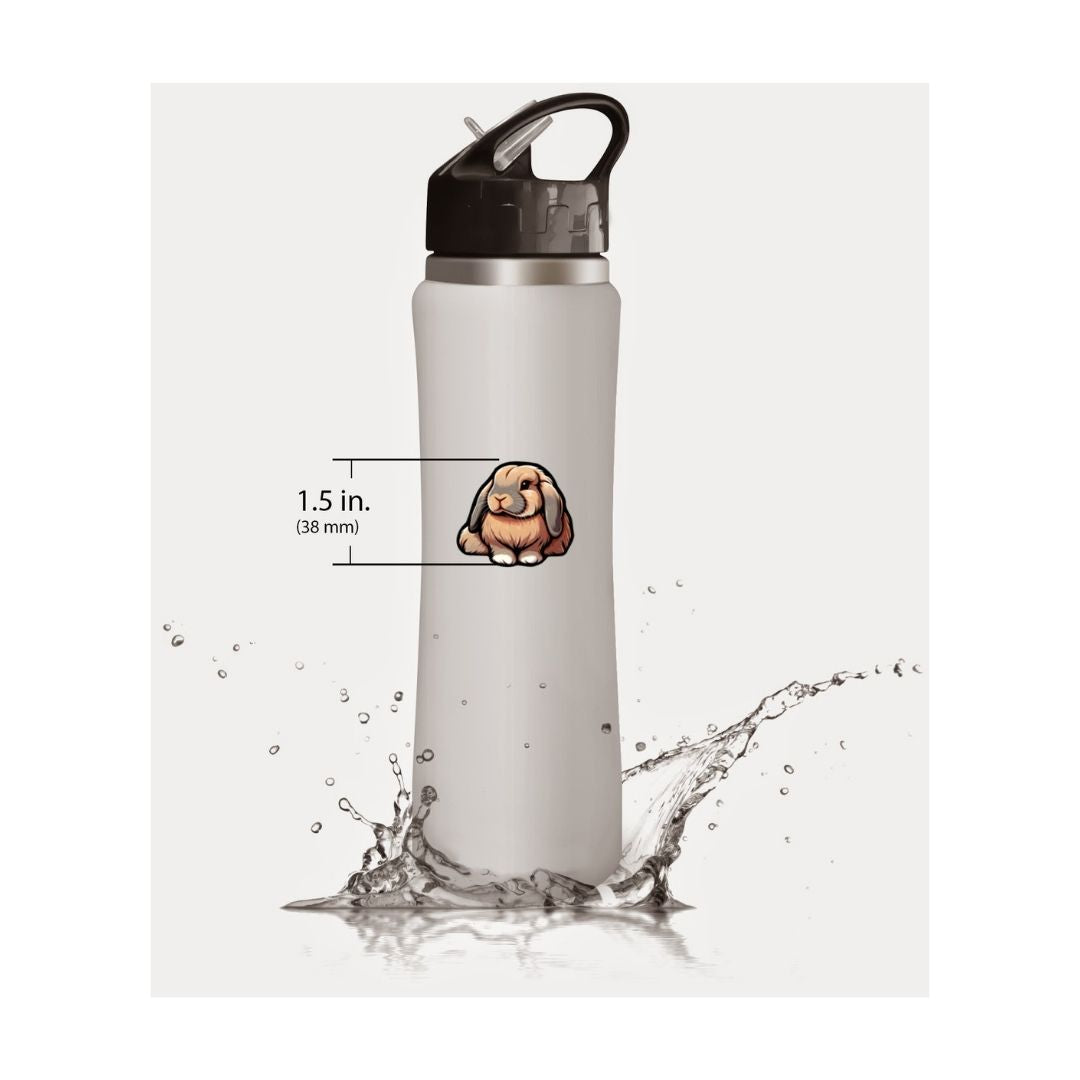

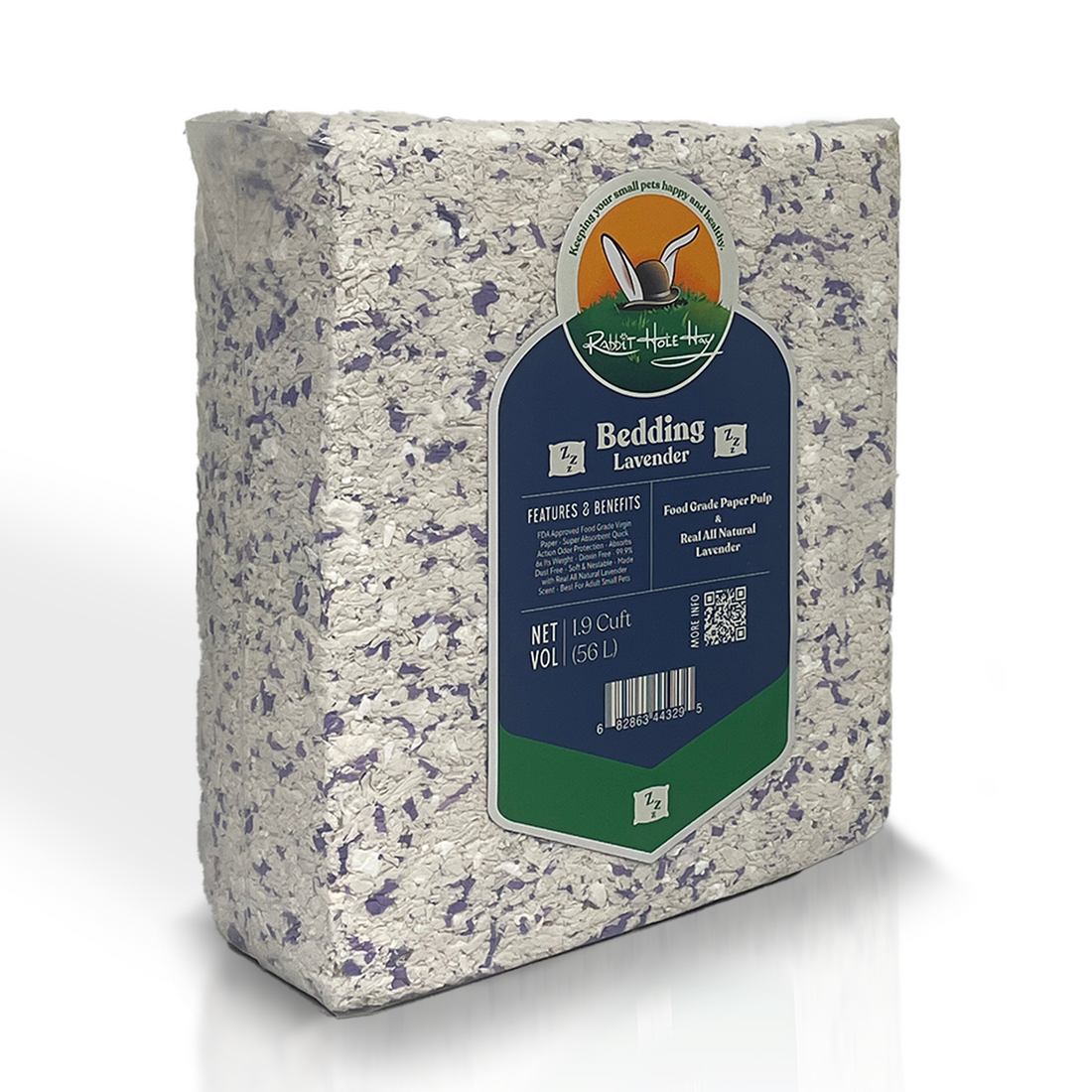
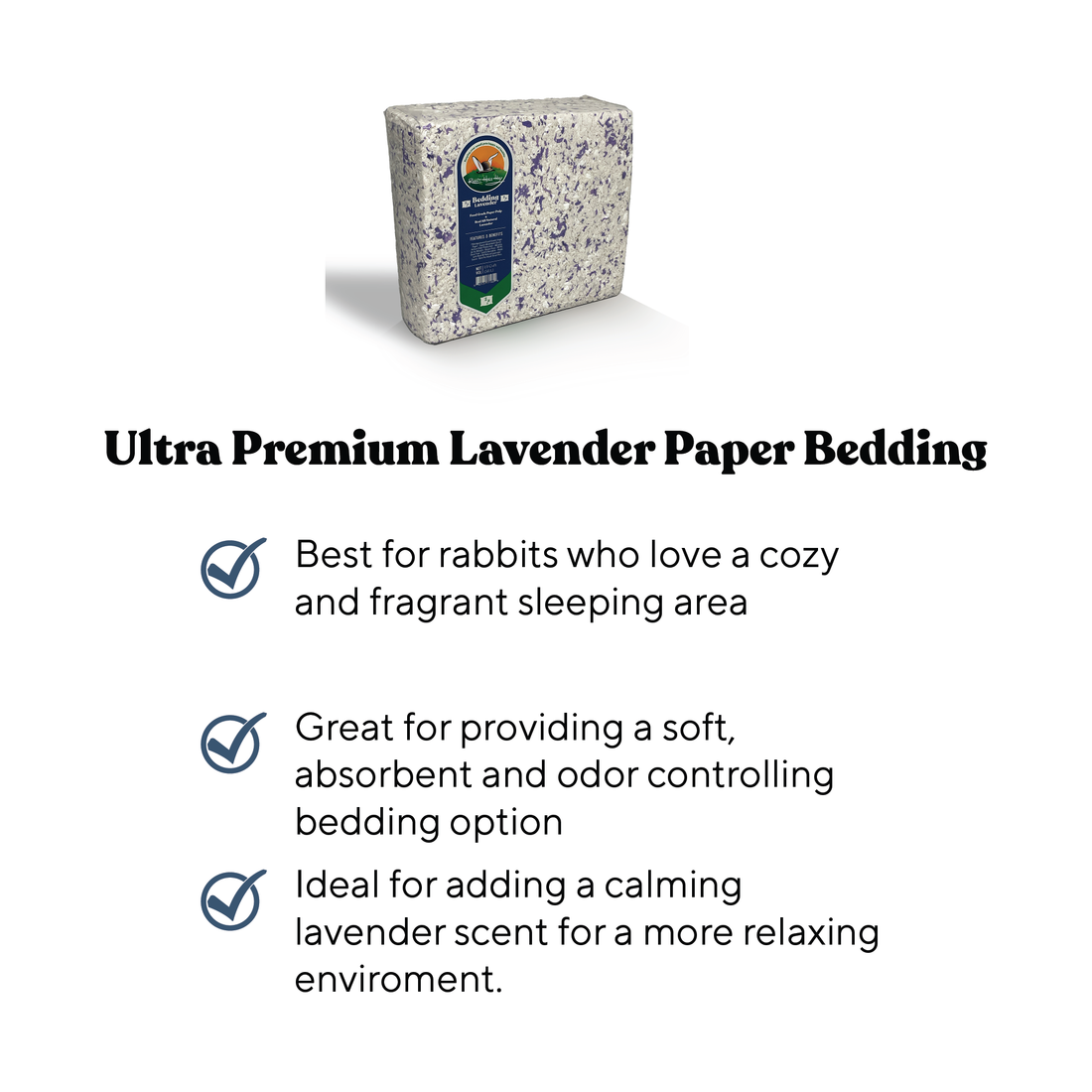


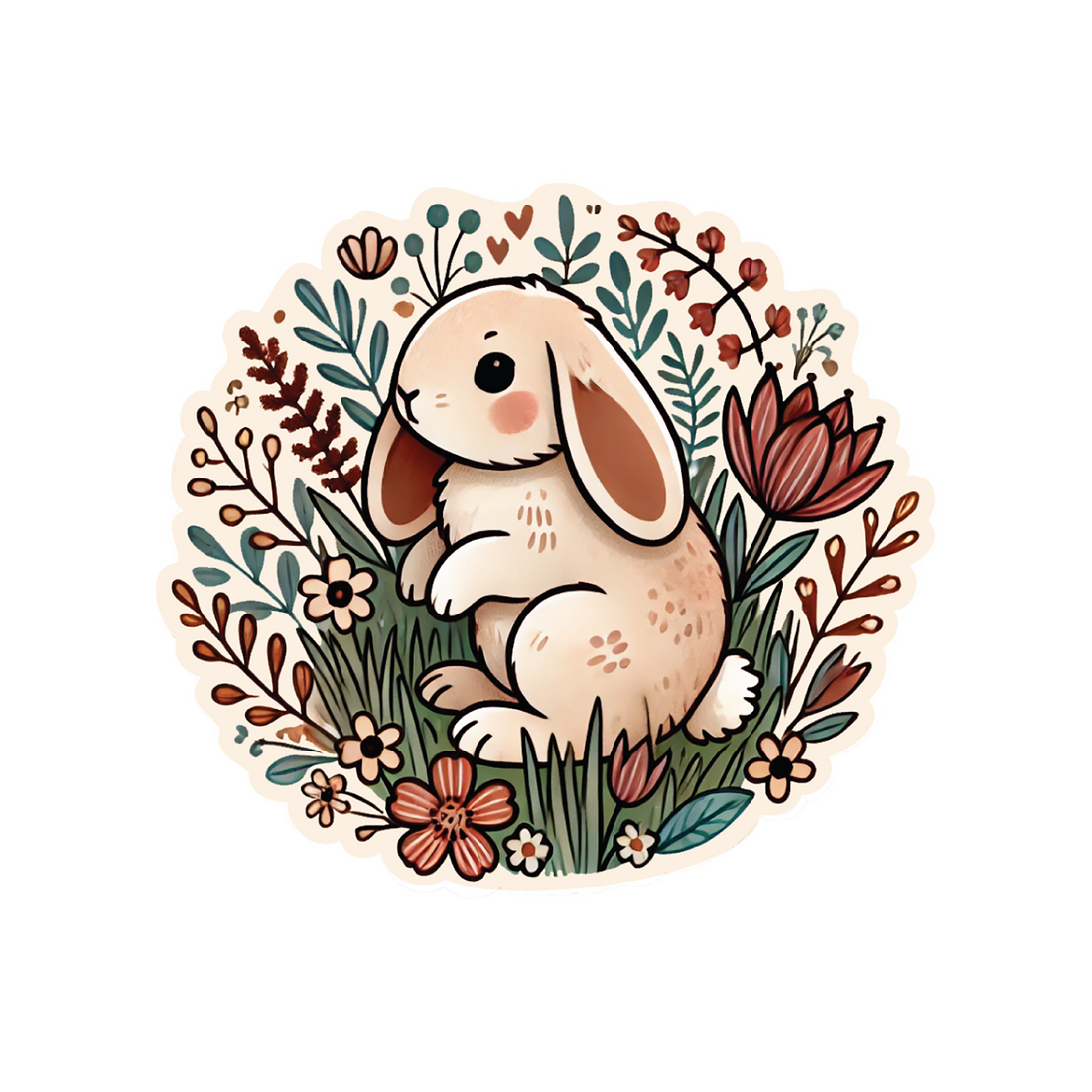
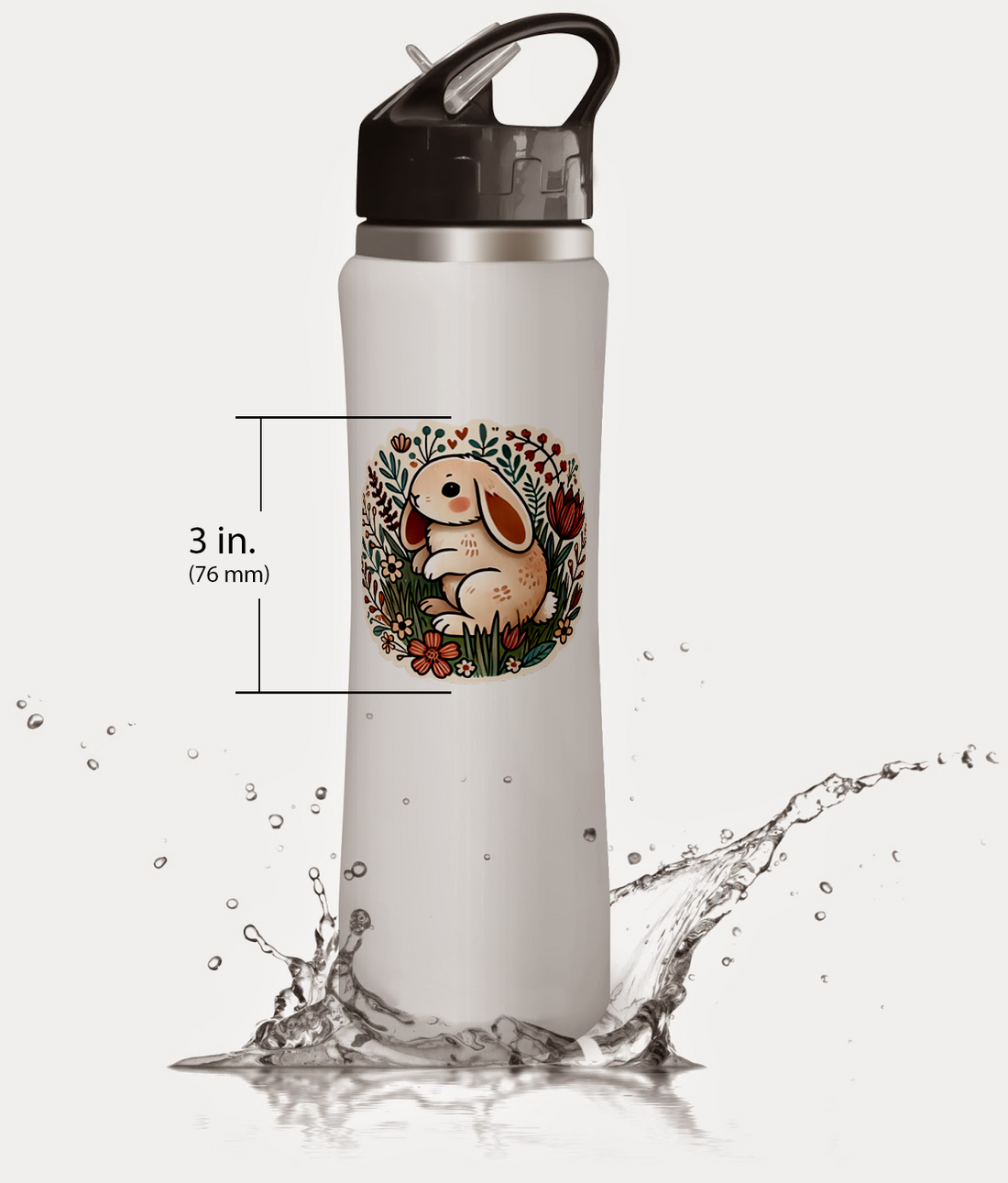


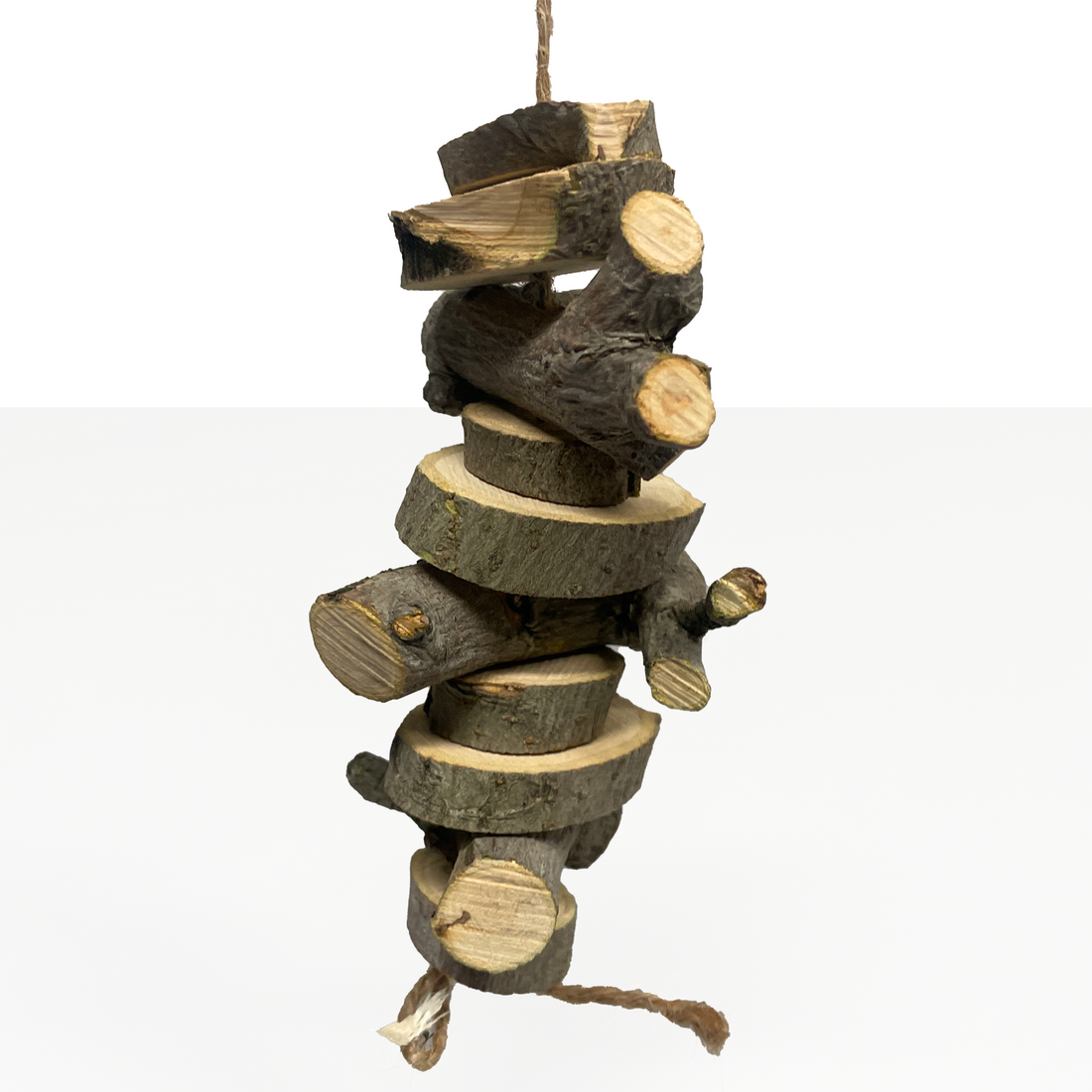


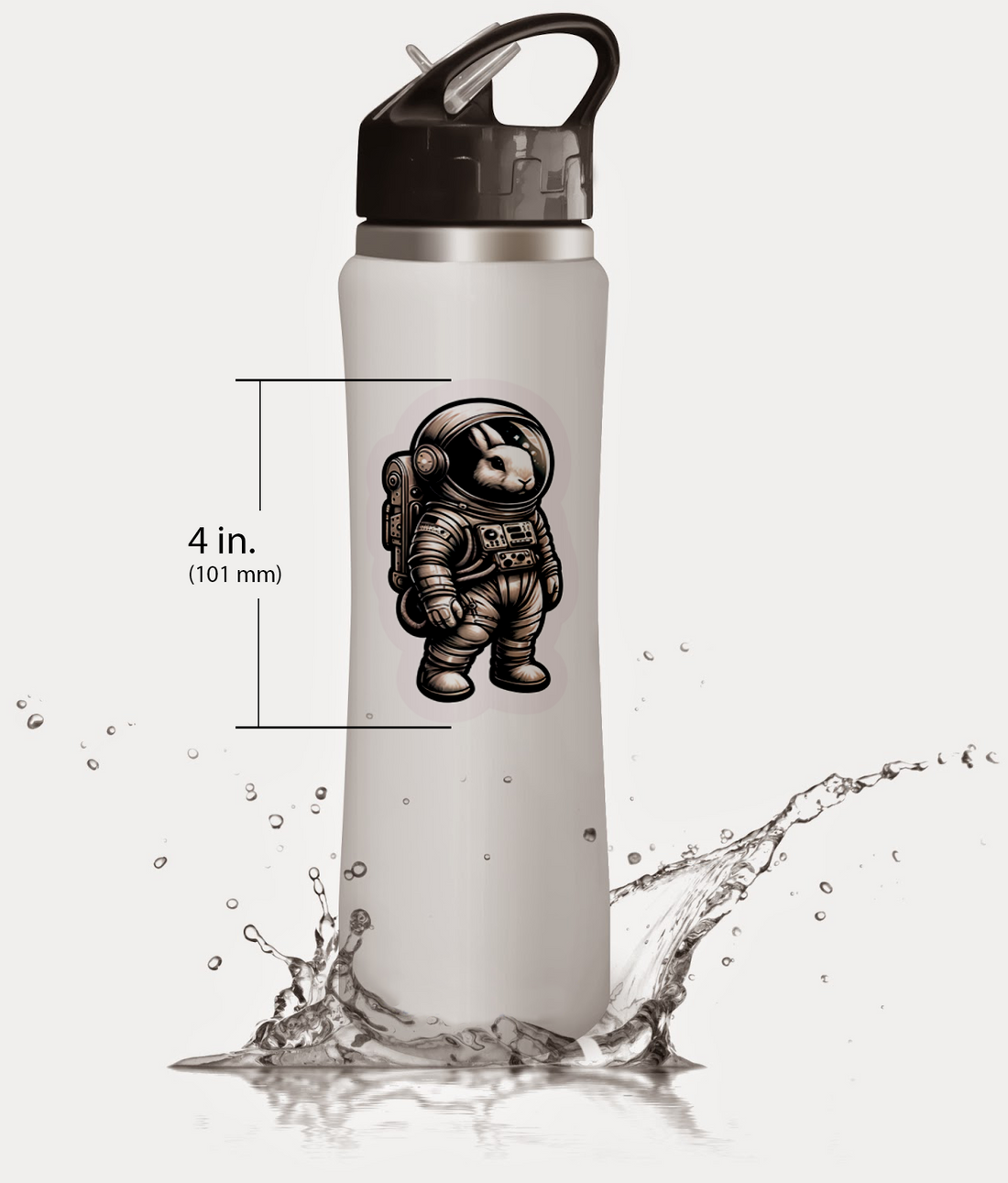

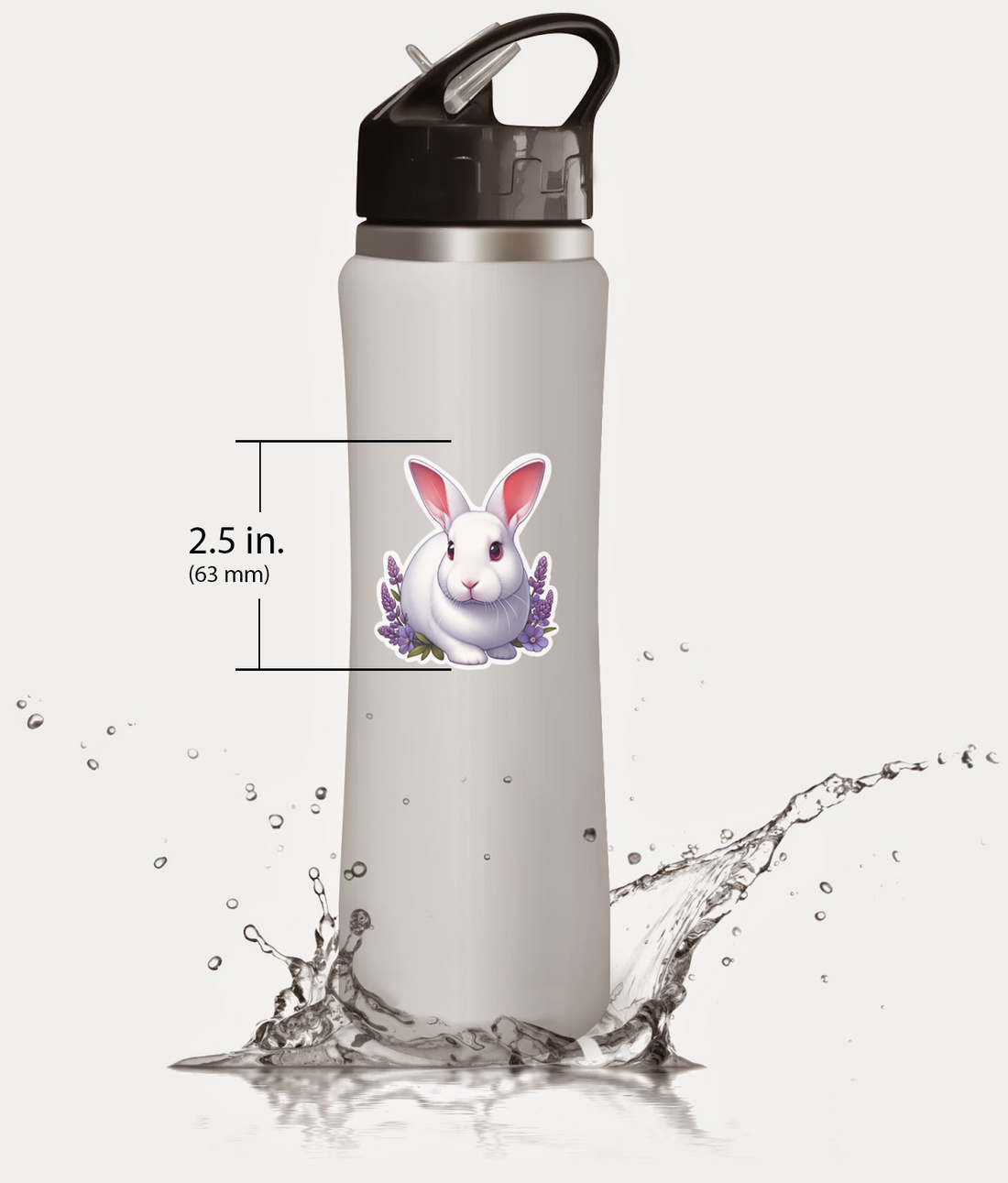

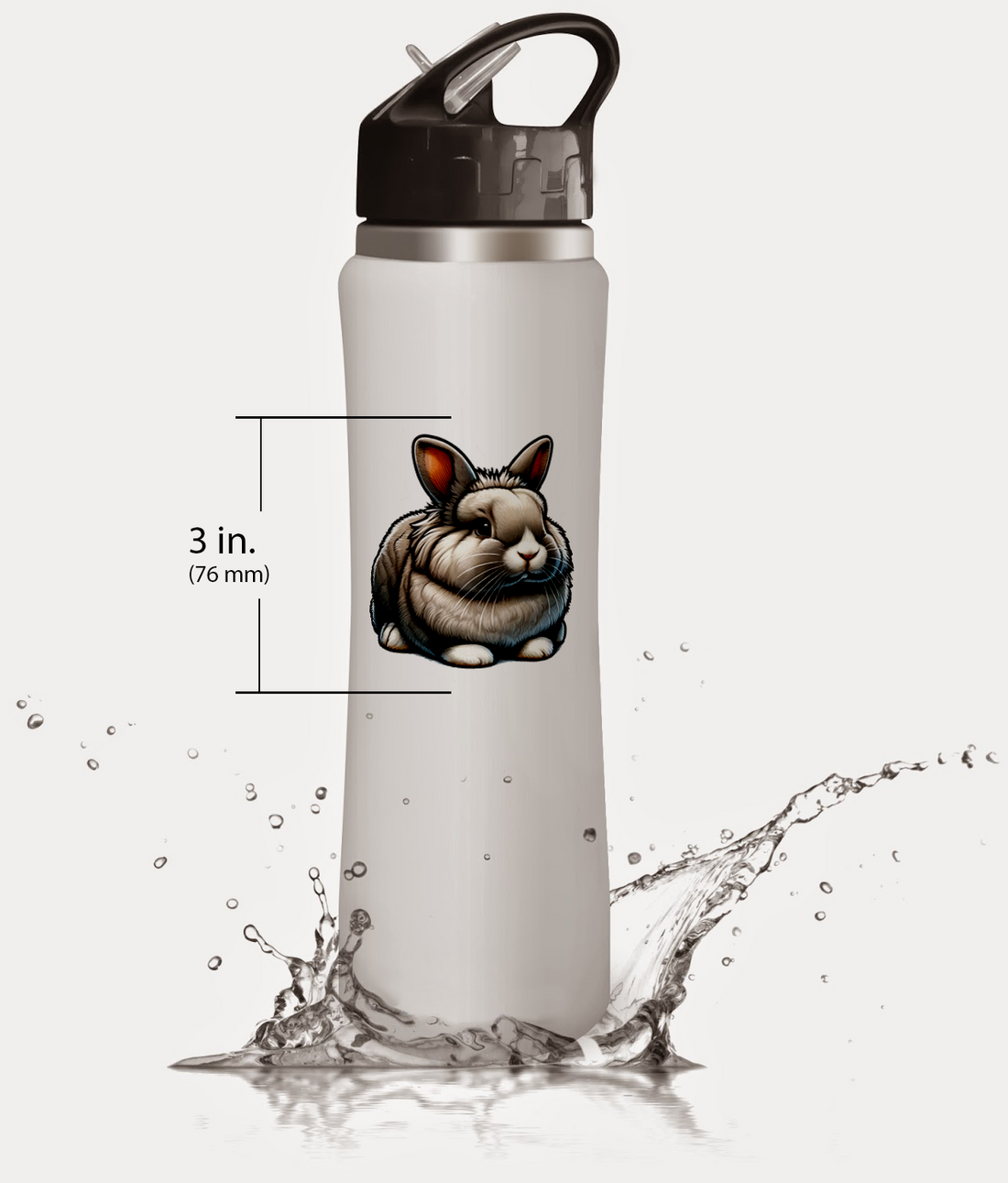

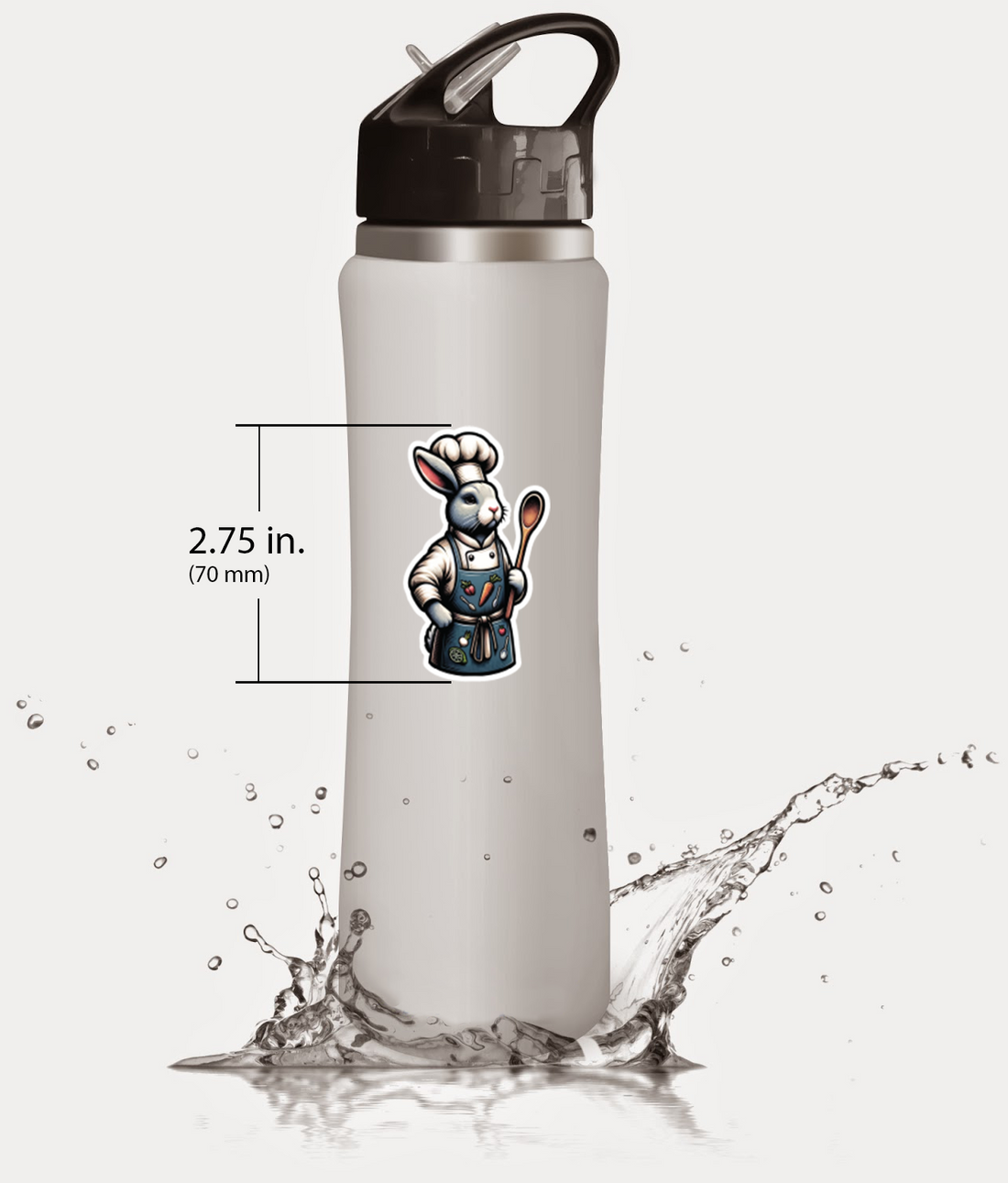


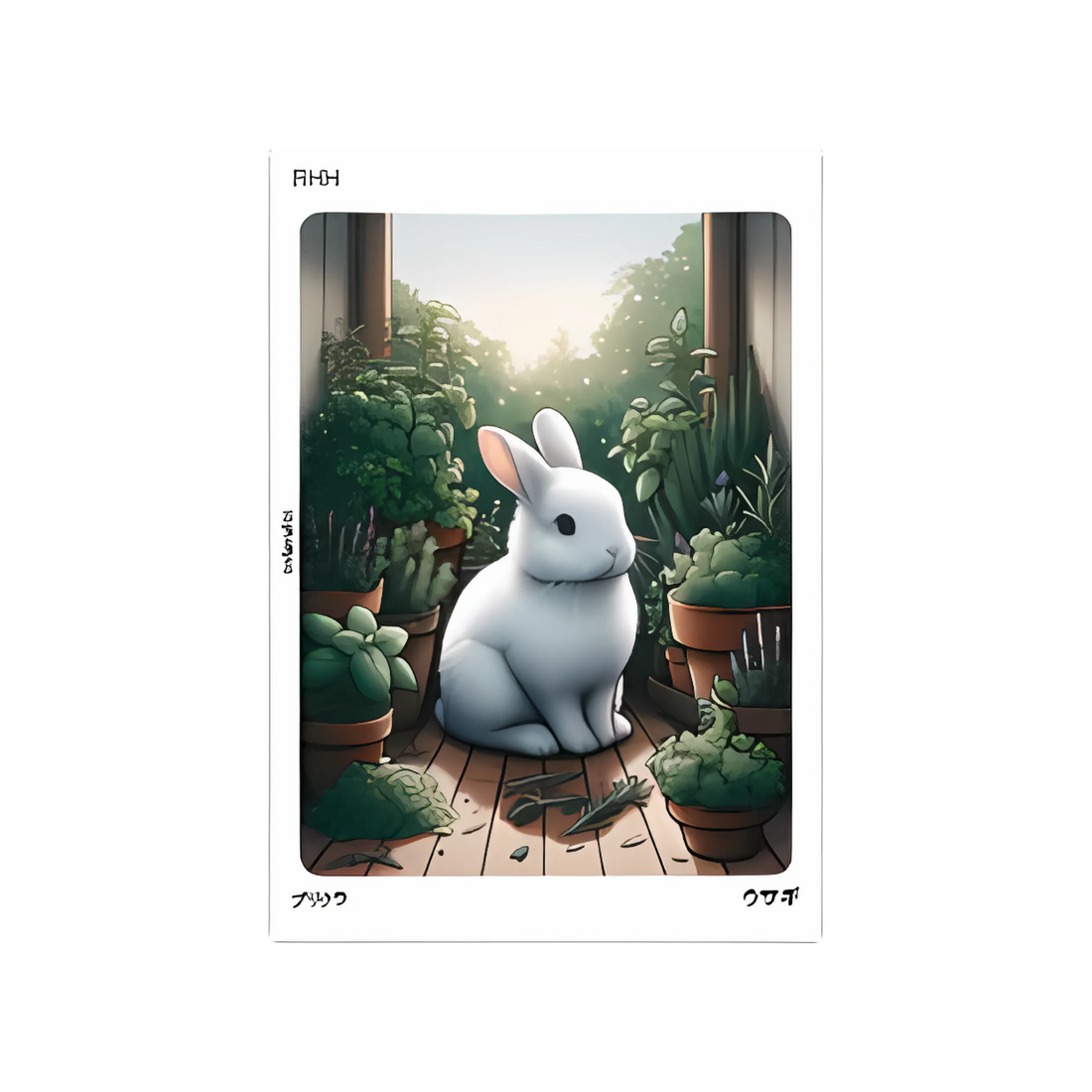


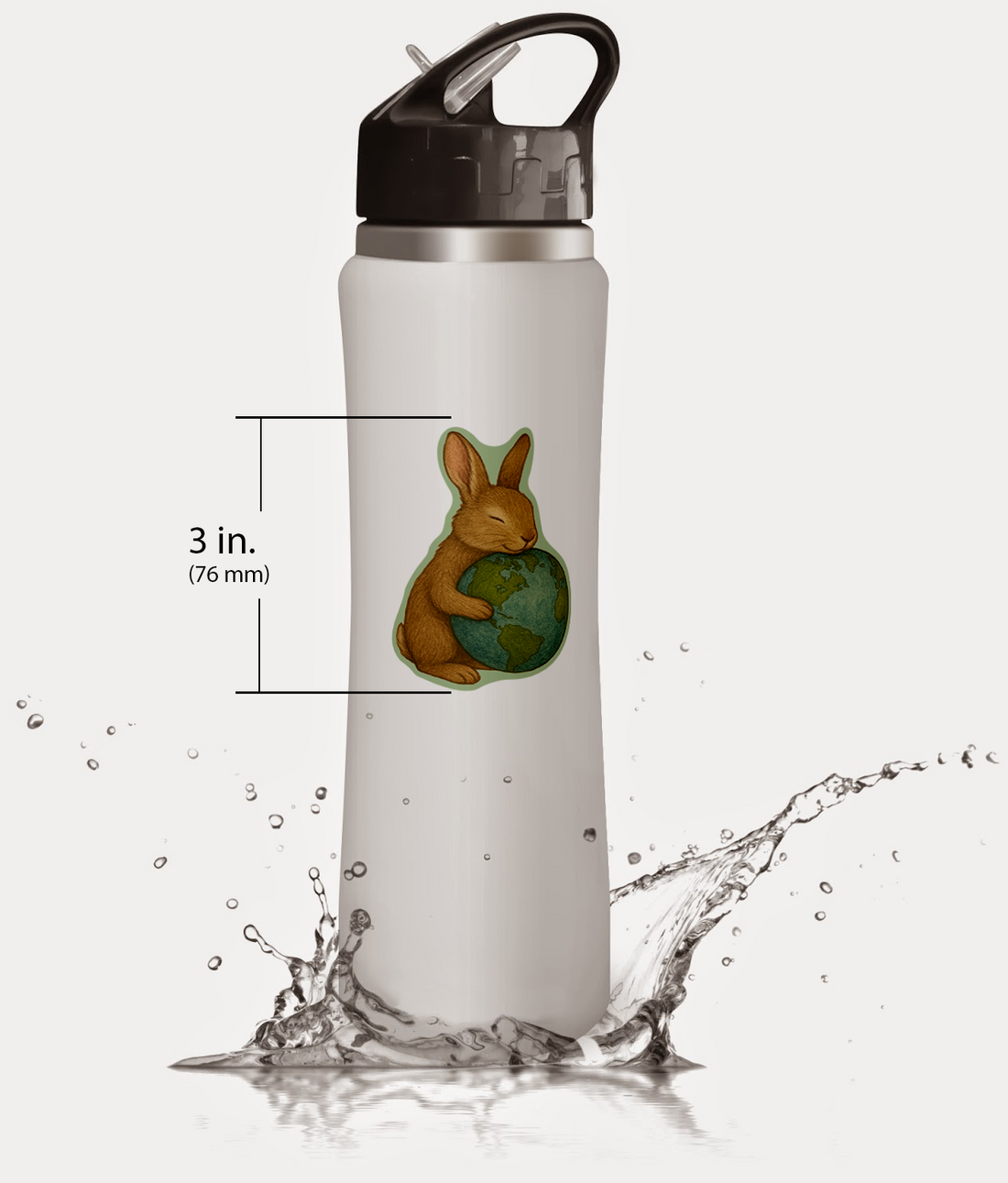
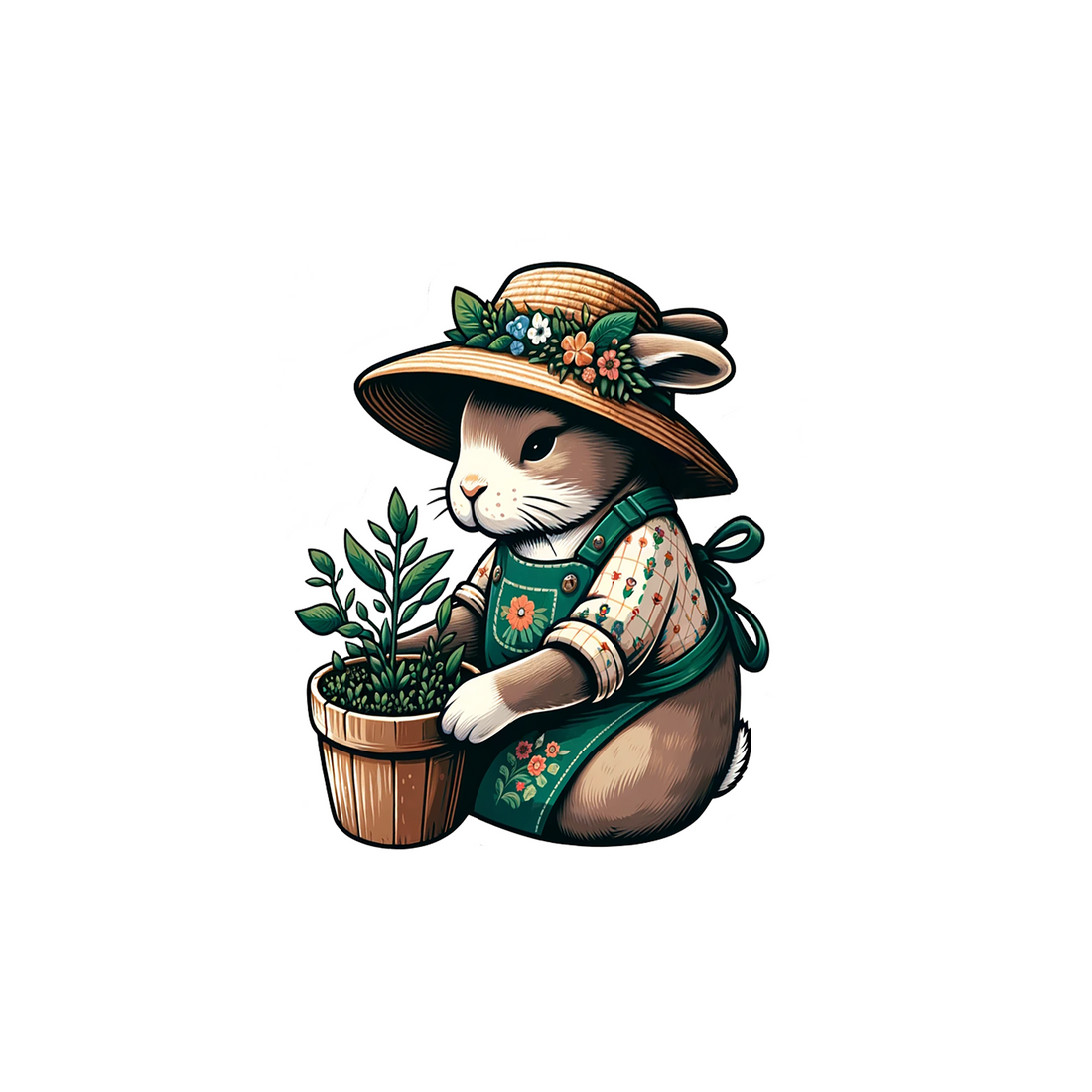
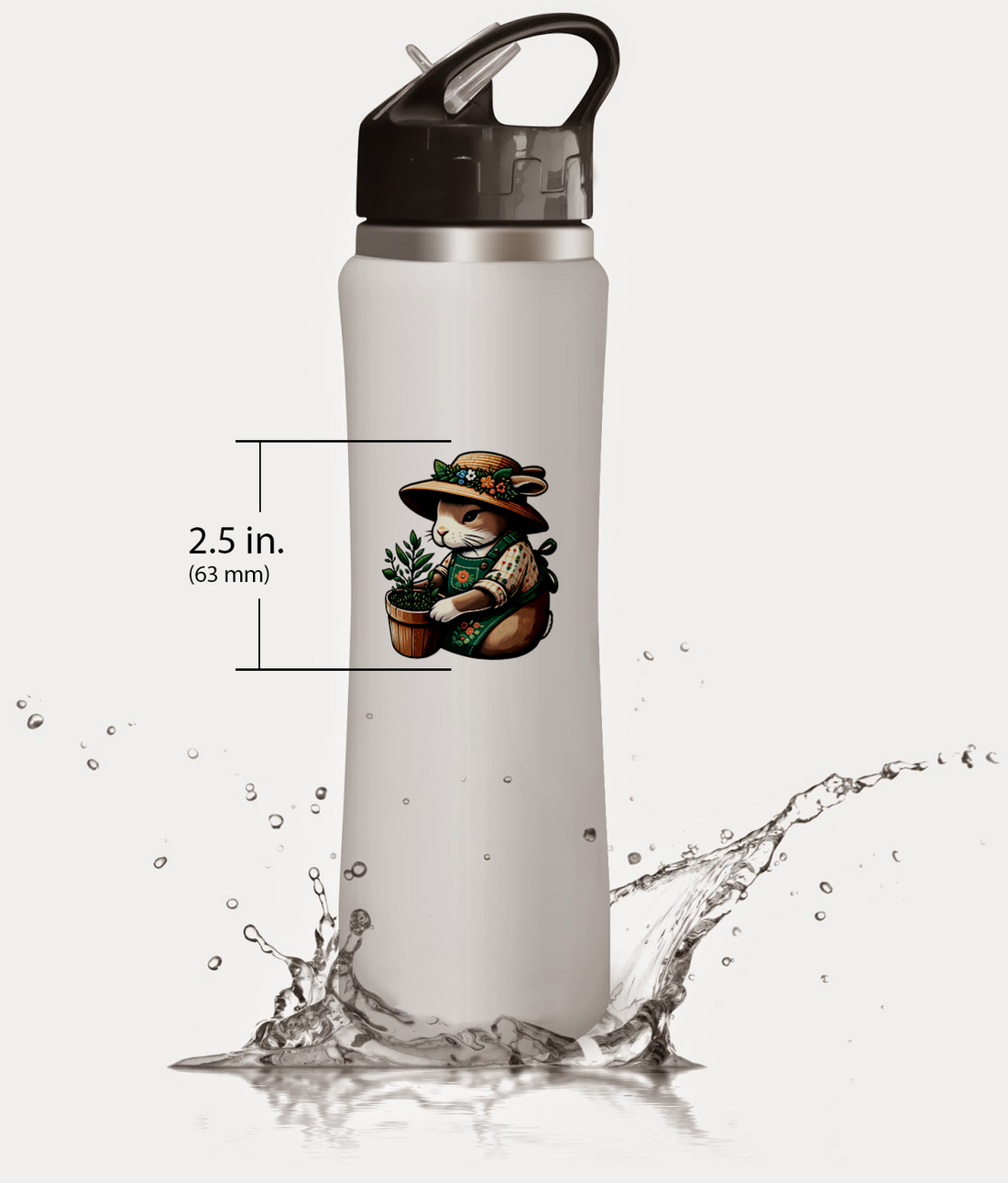



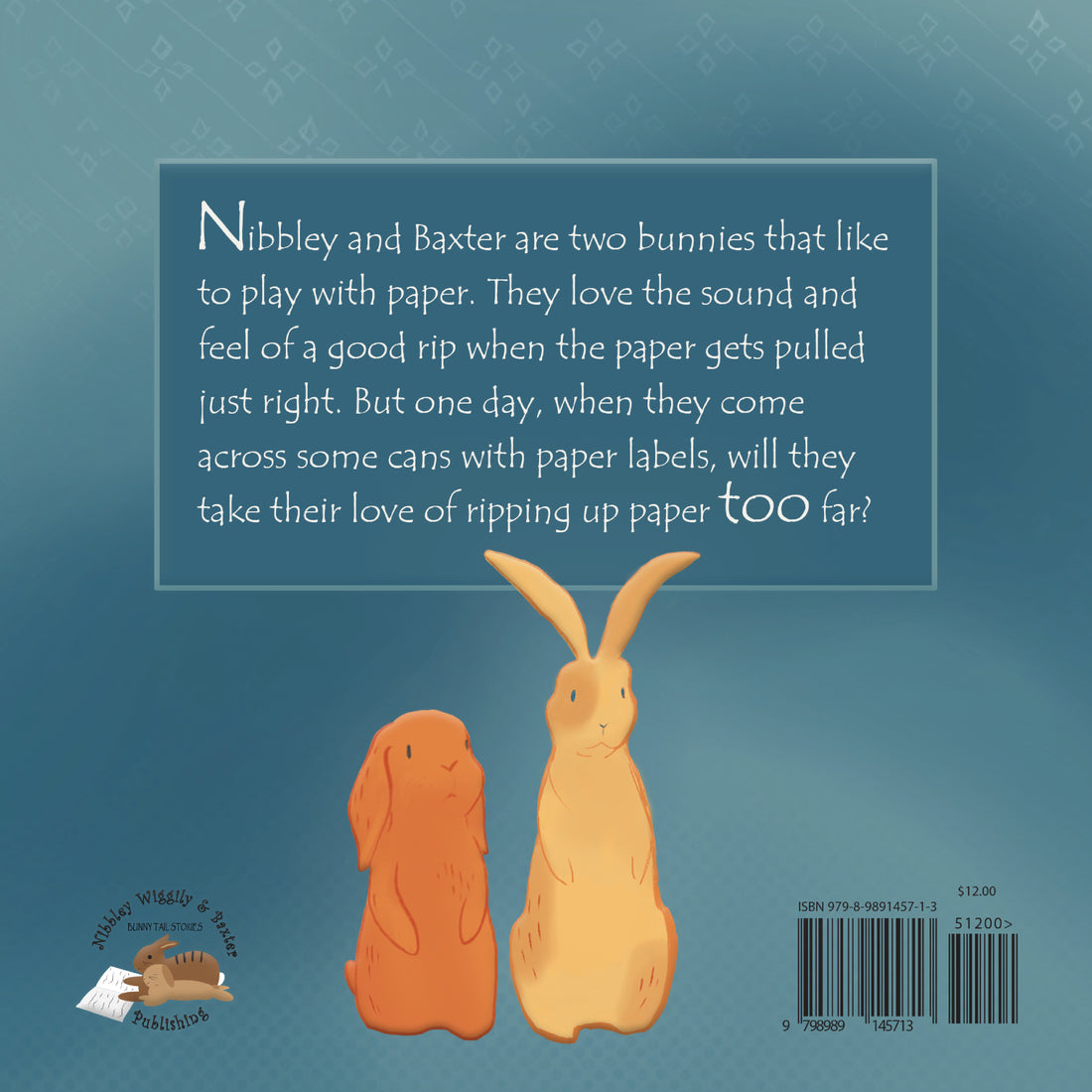



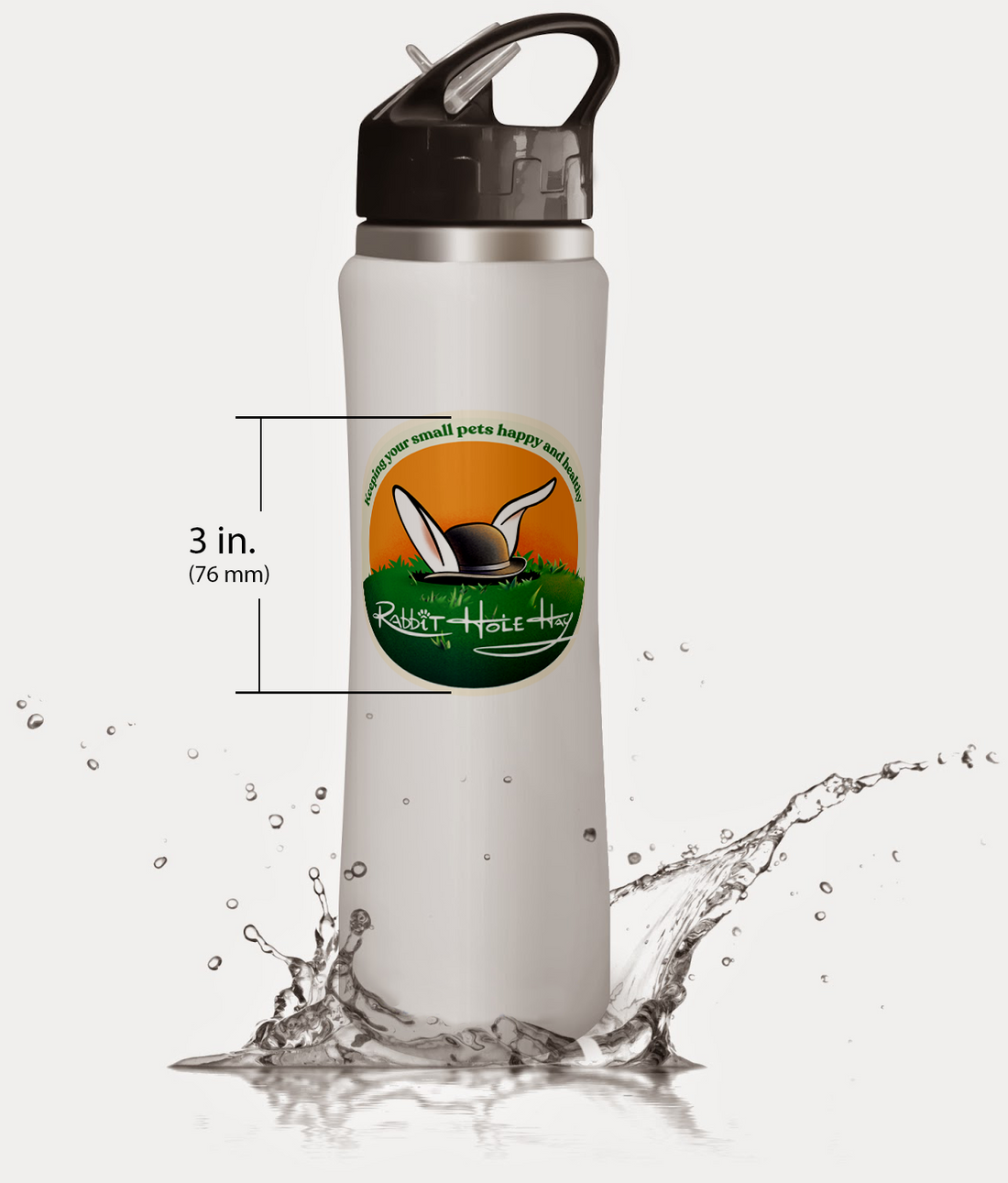









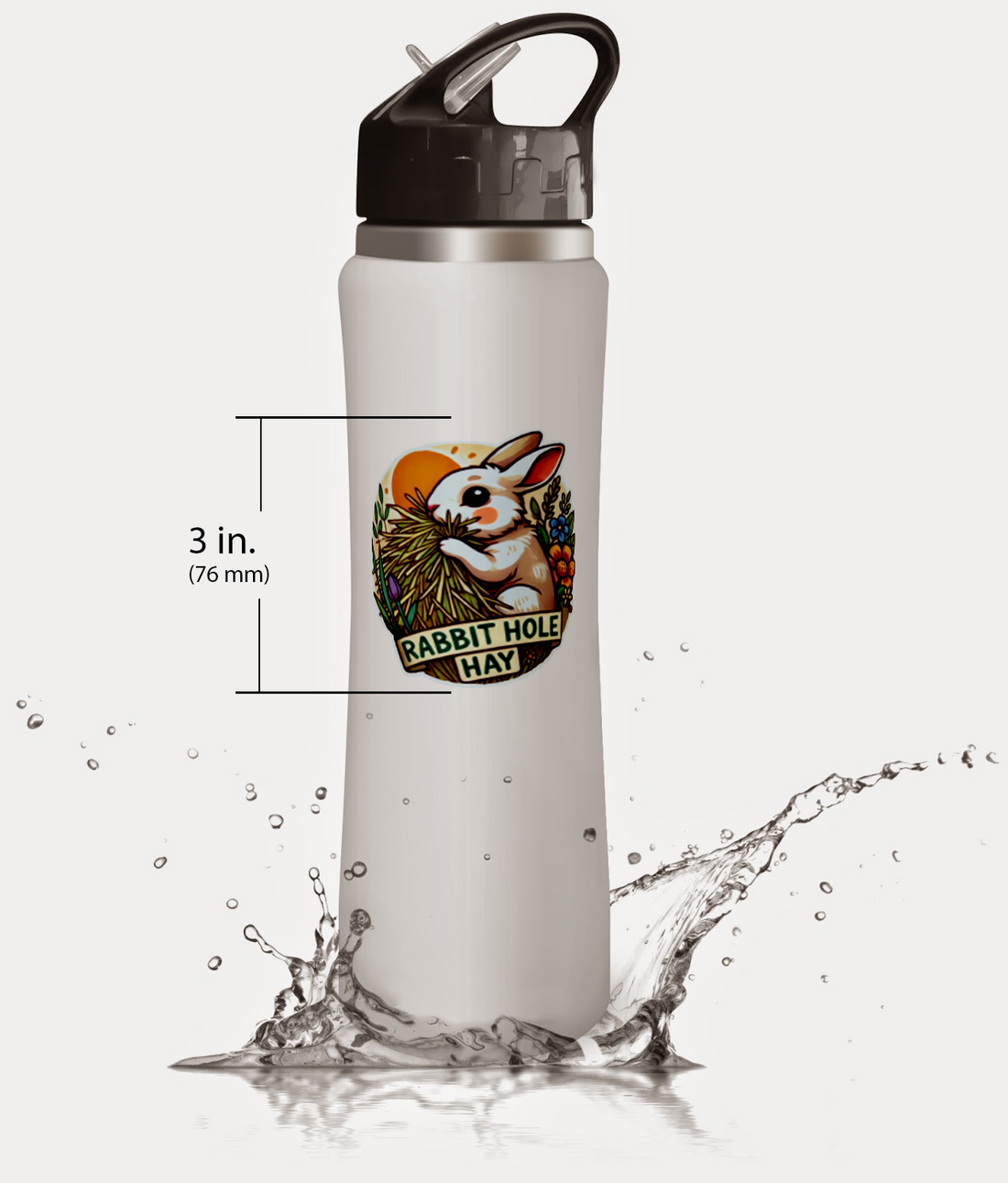



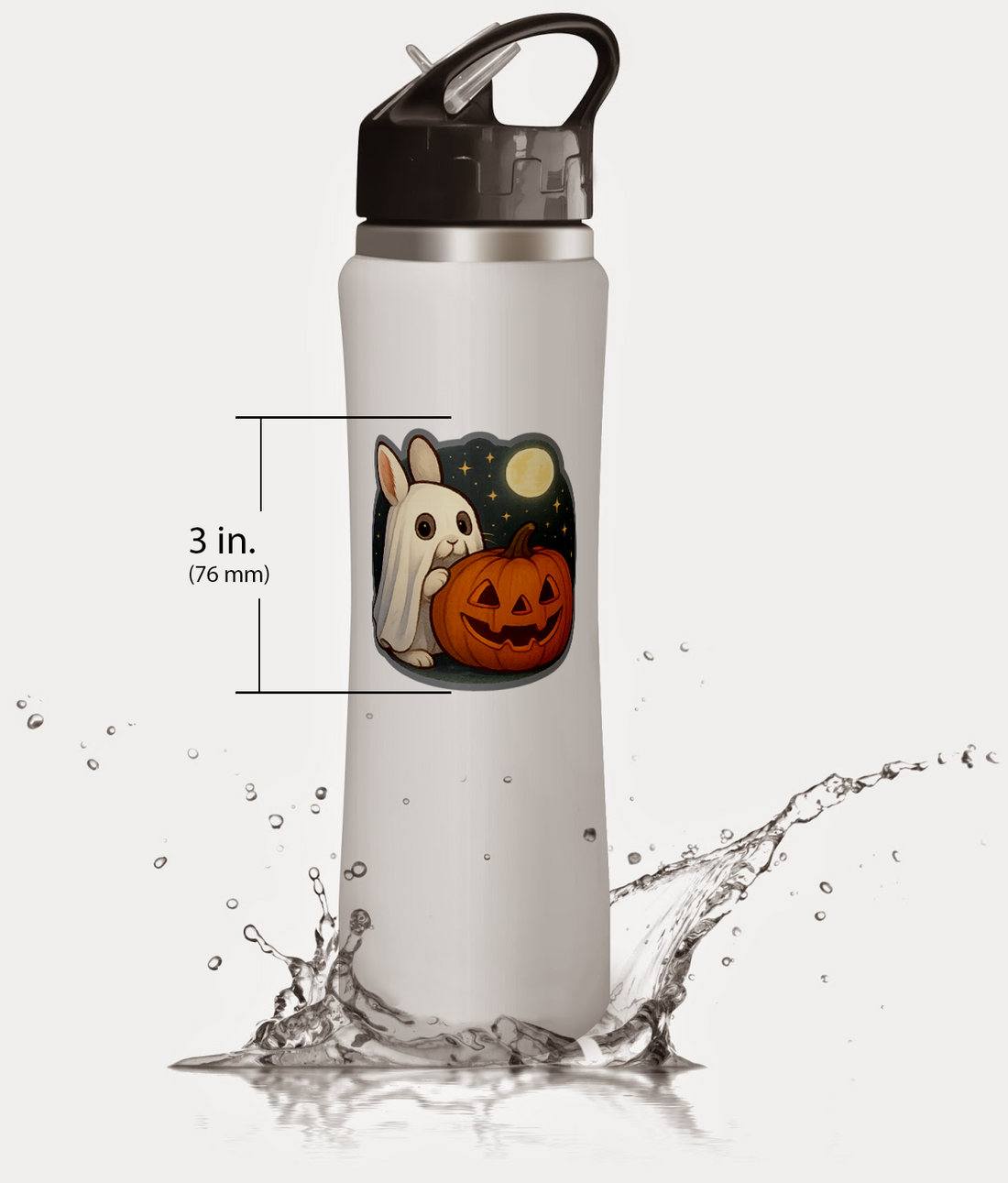

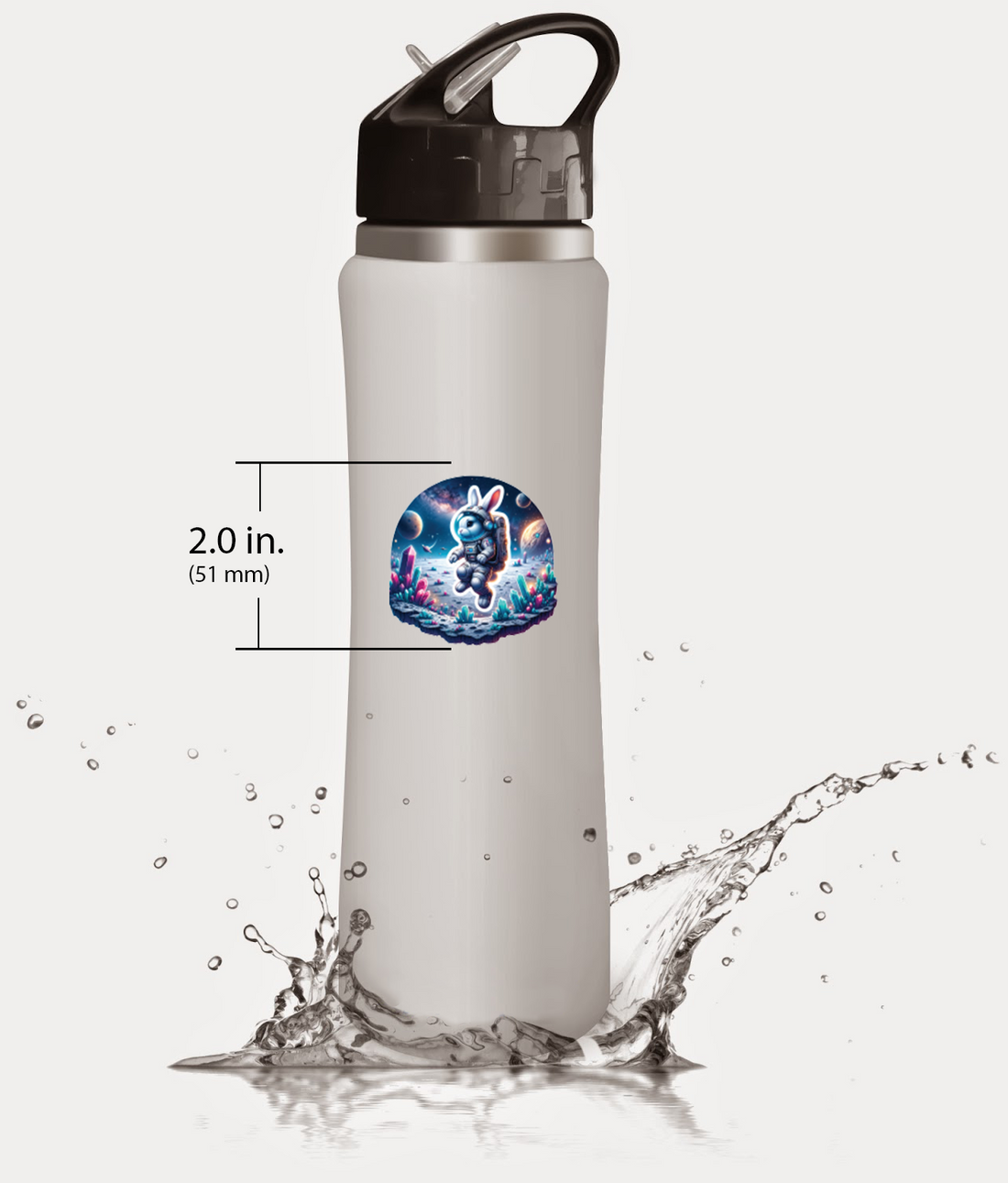



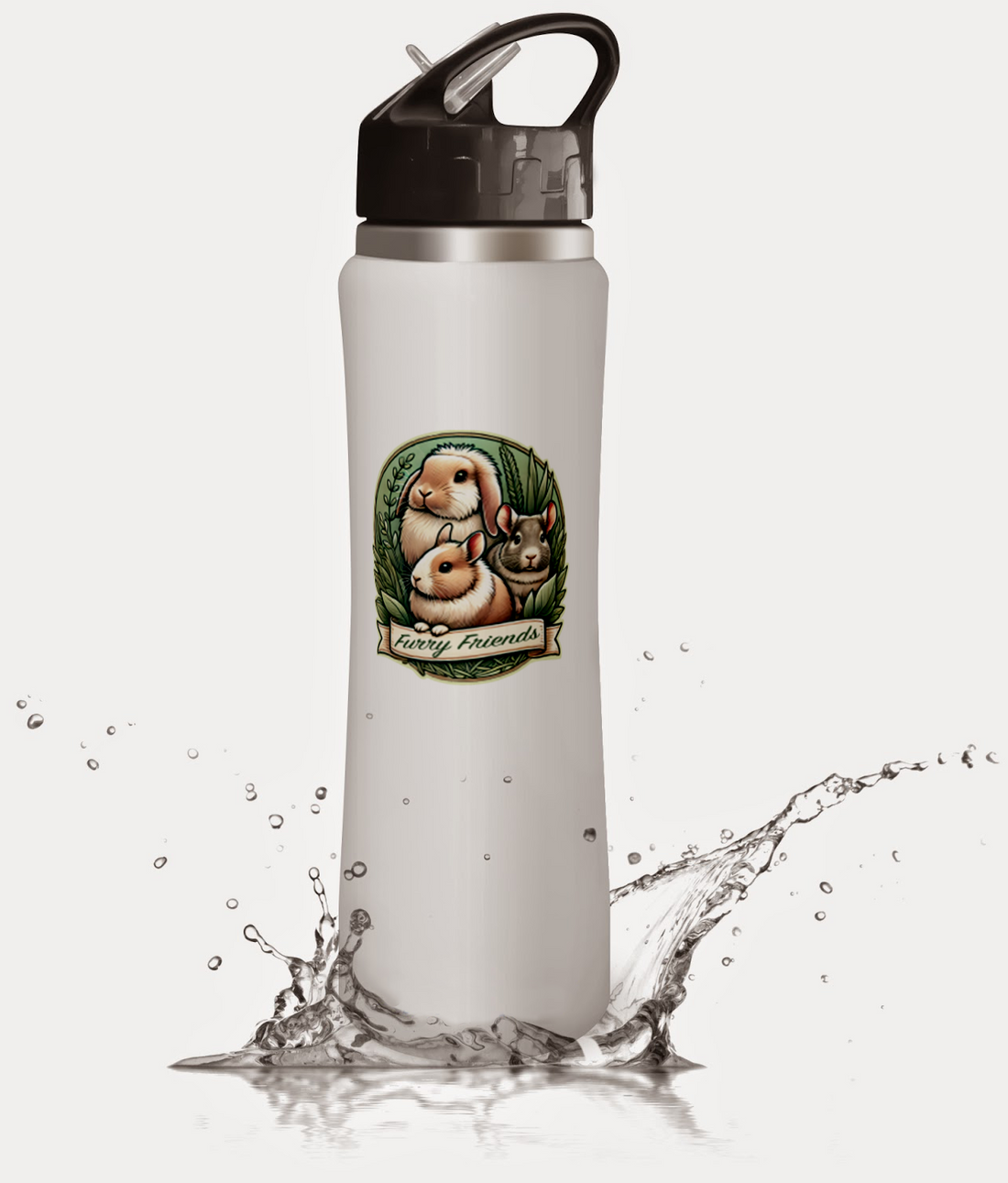









Comments